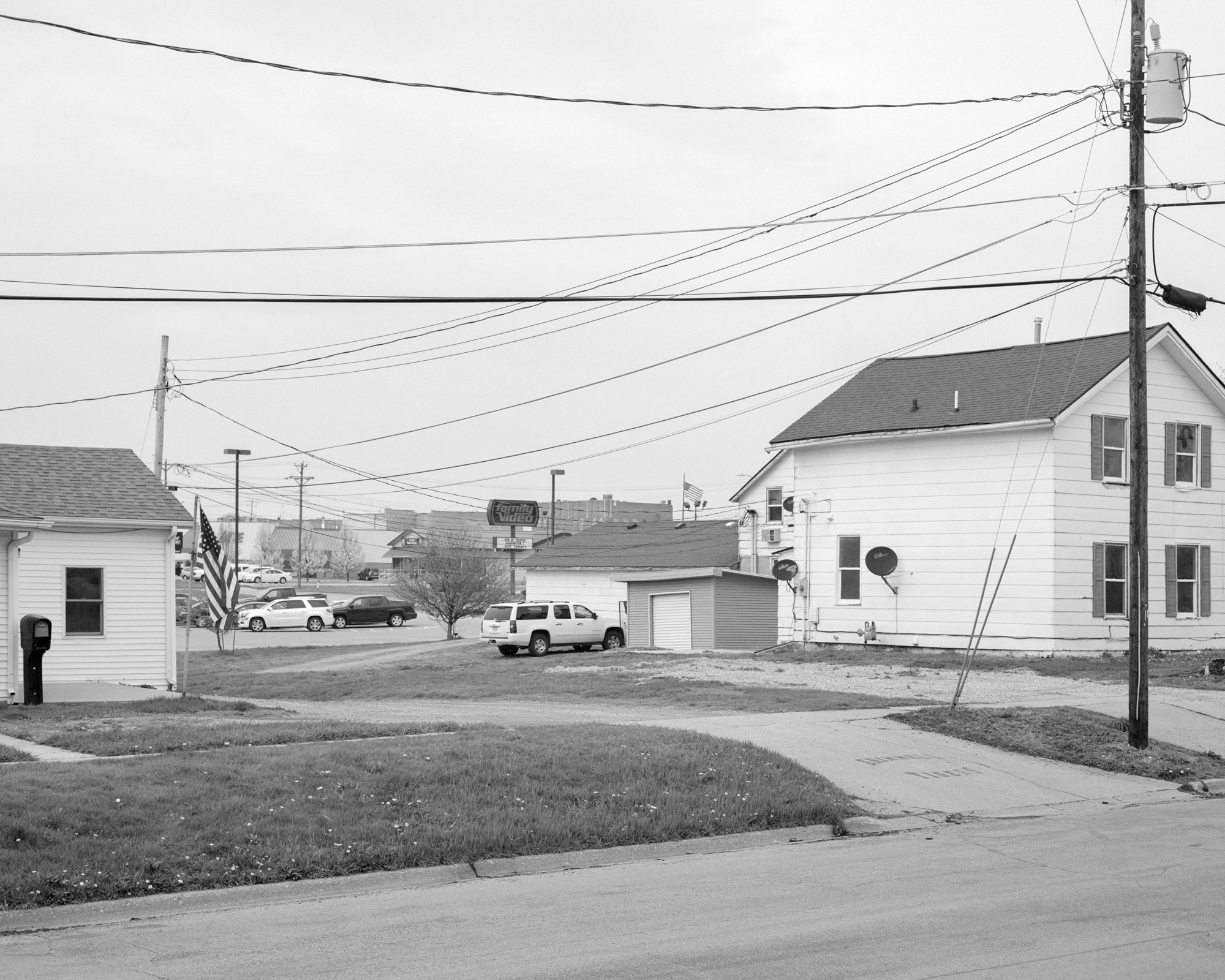
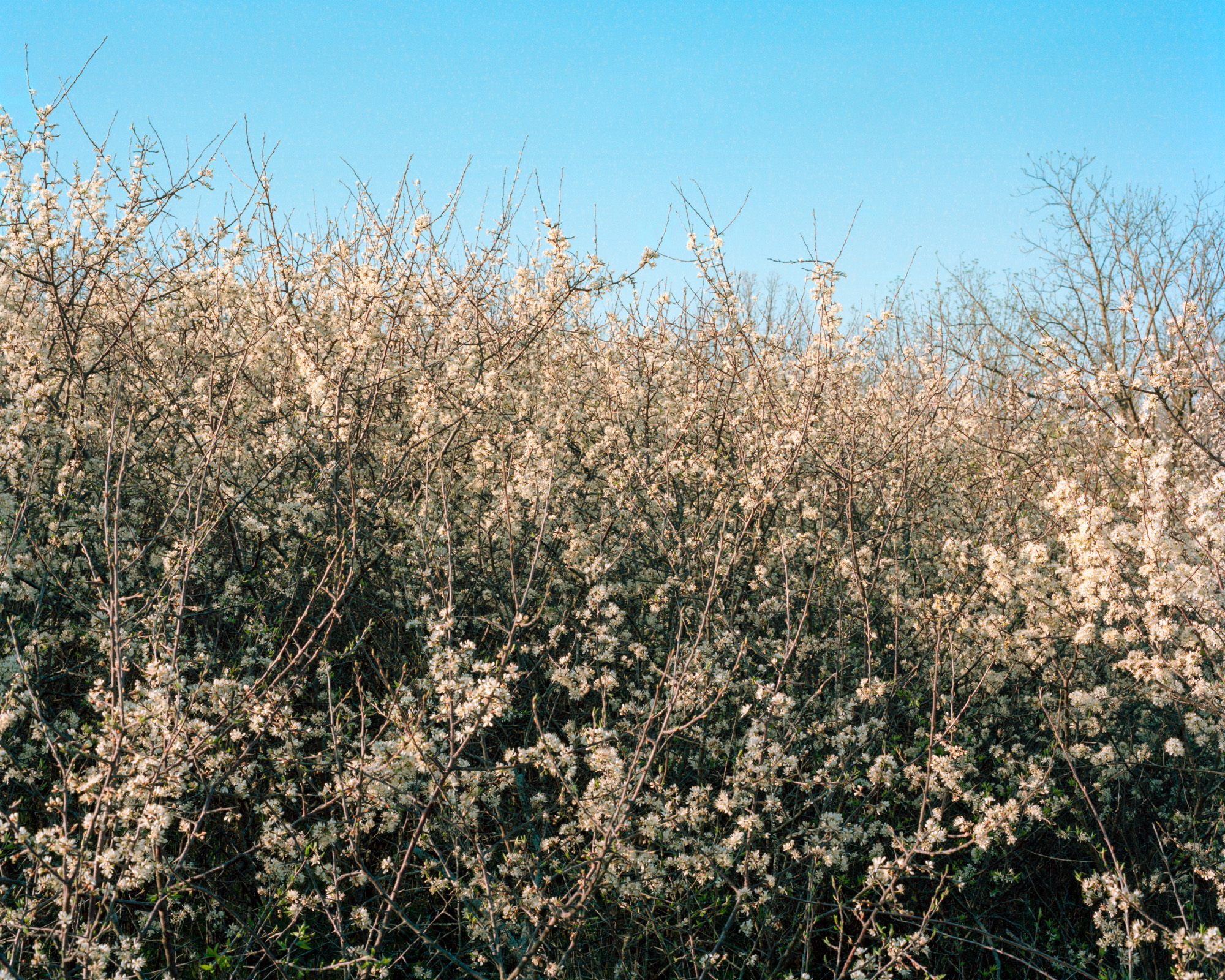
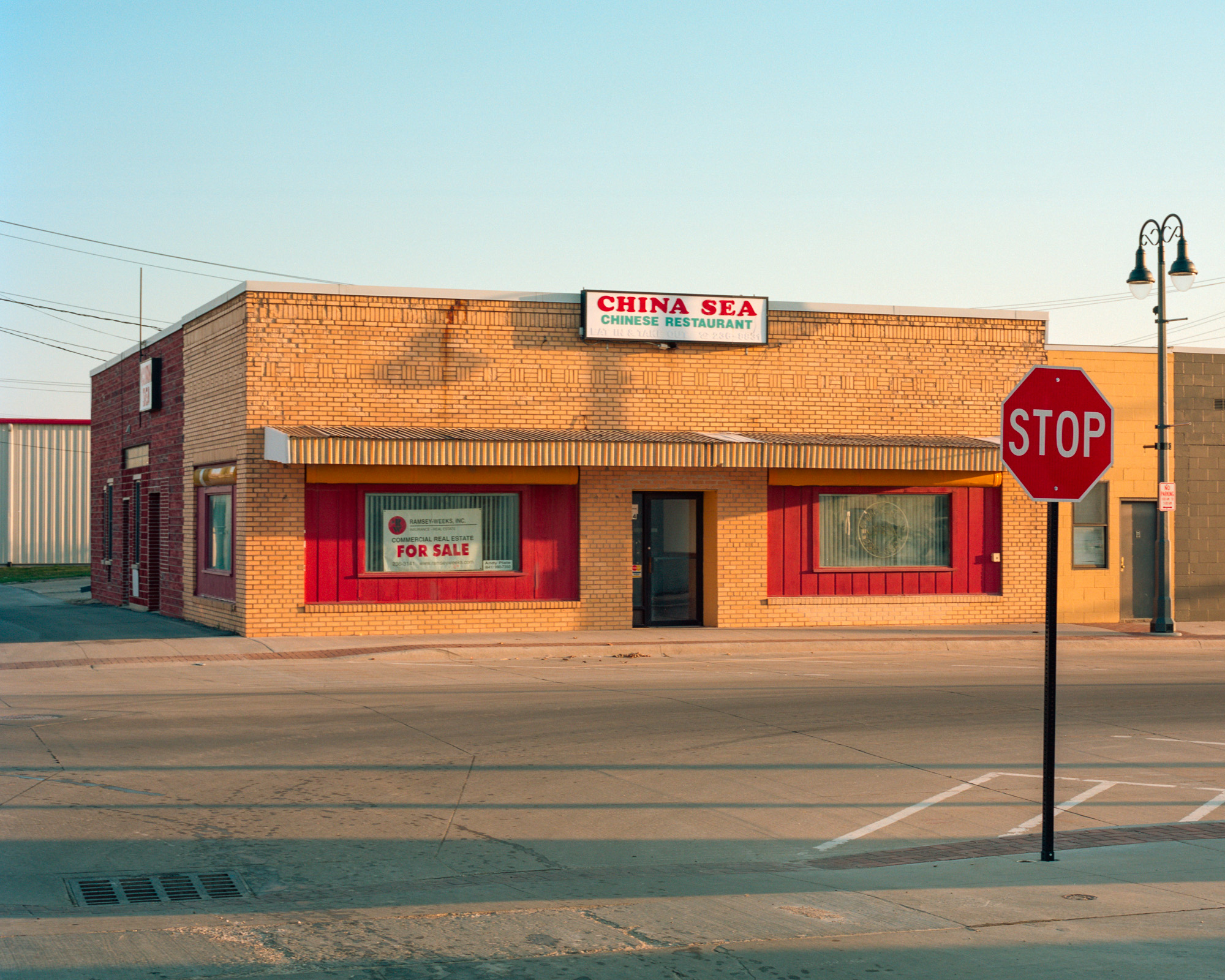
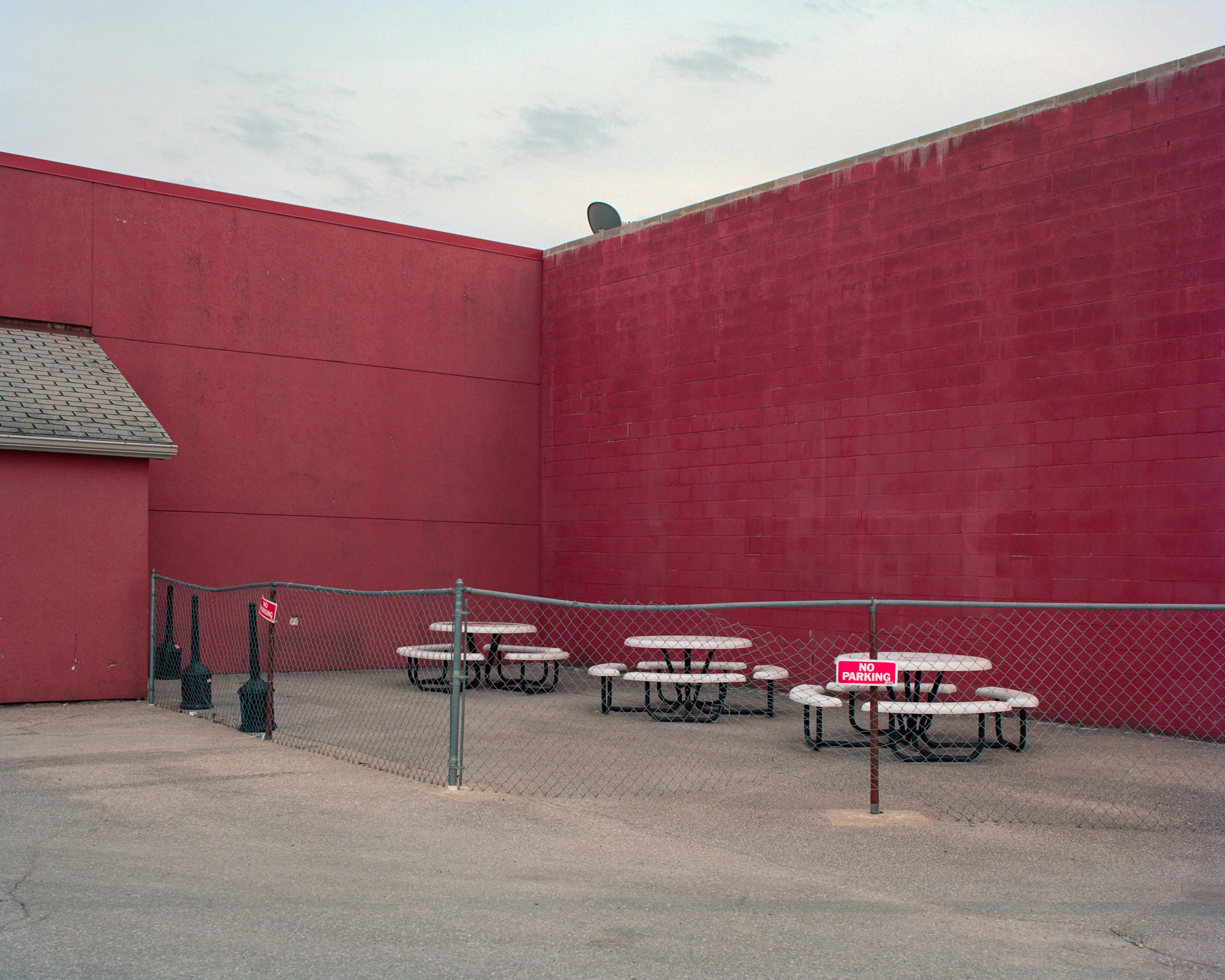
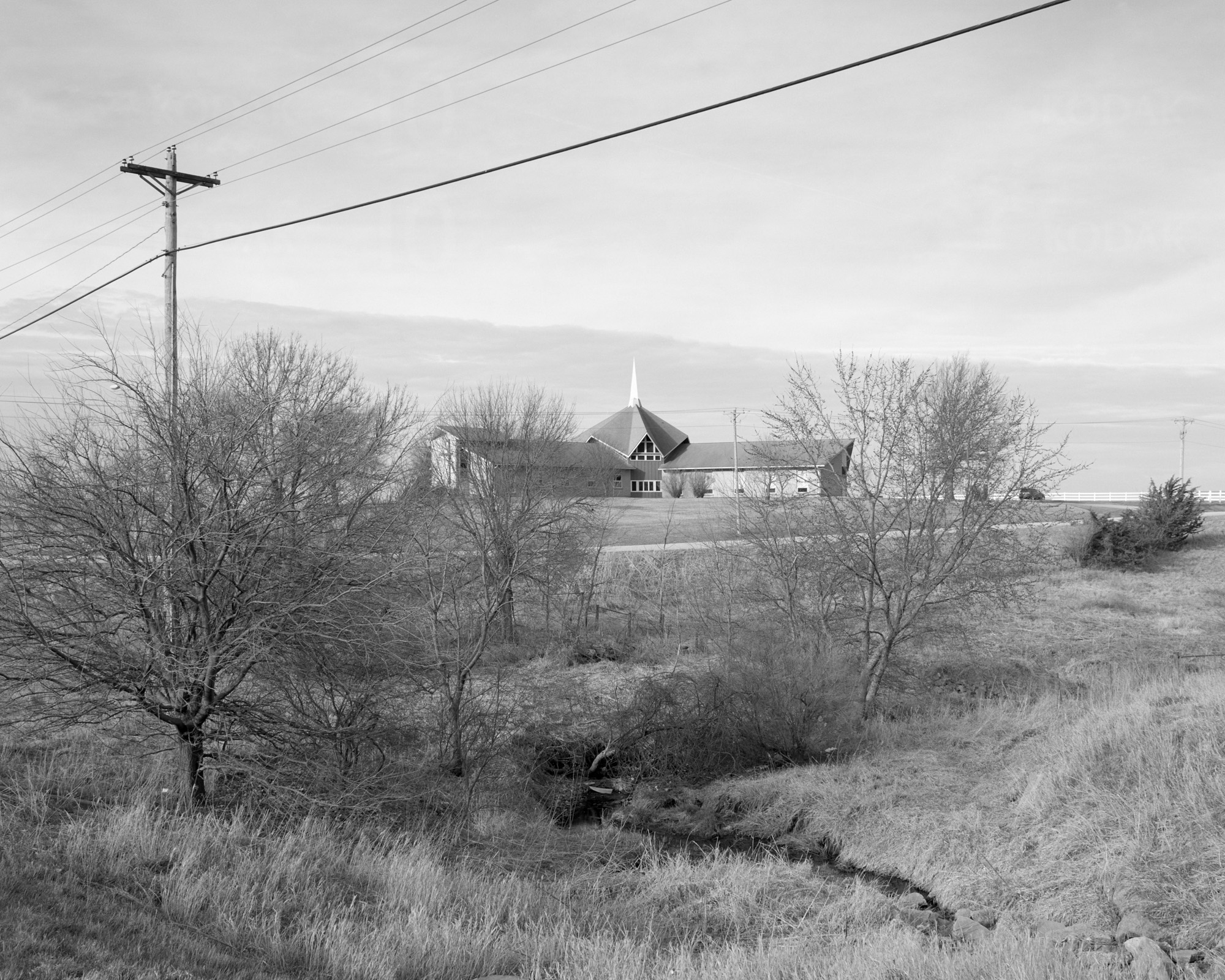
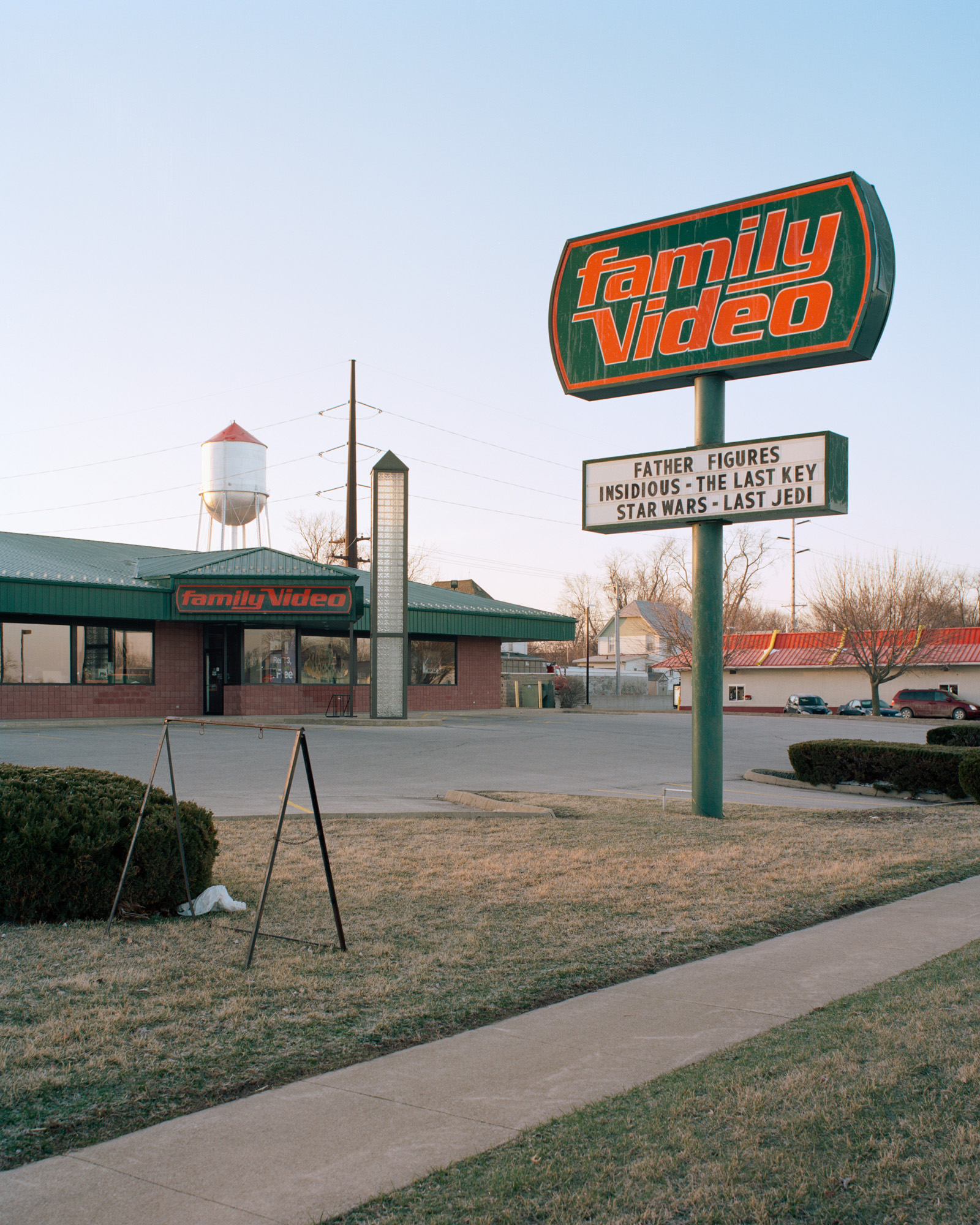
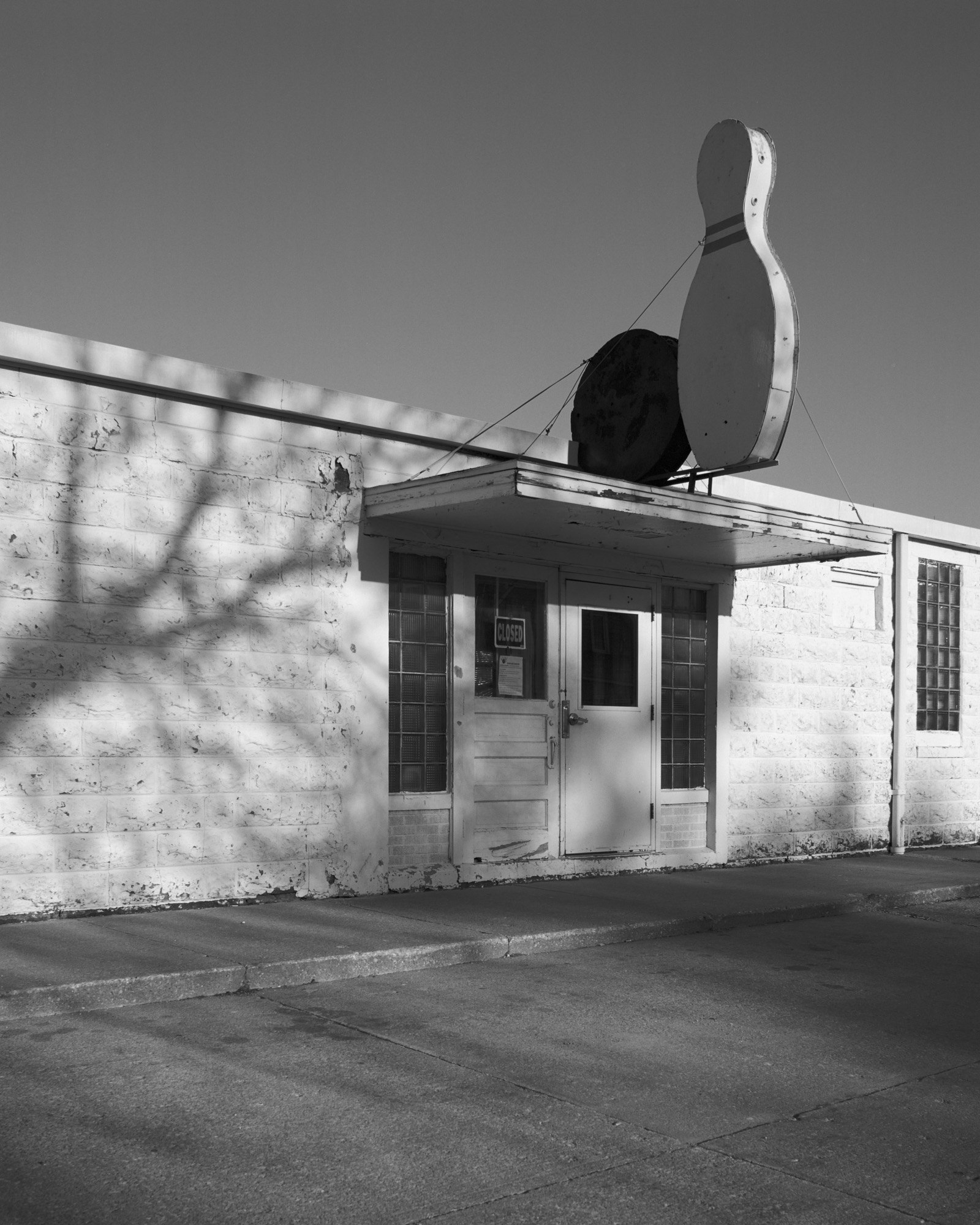

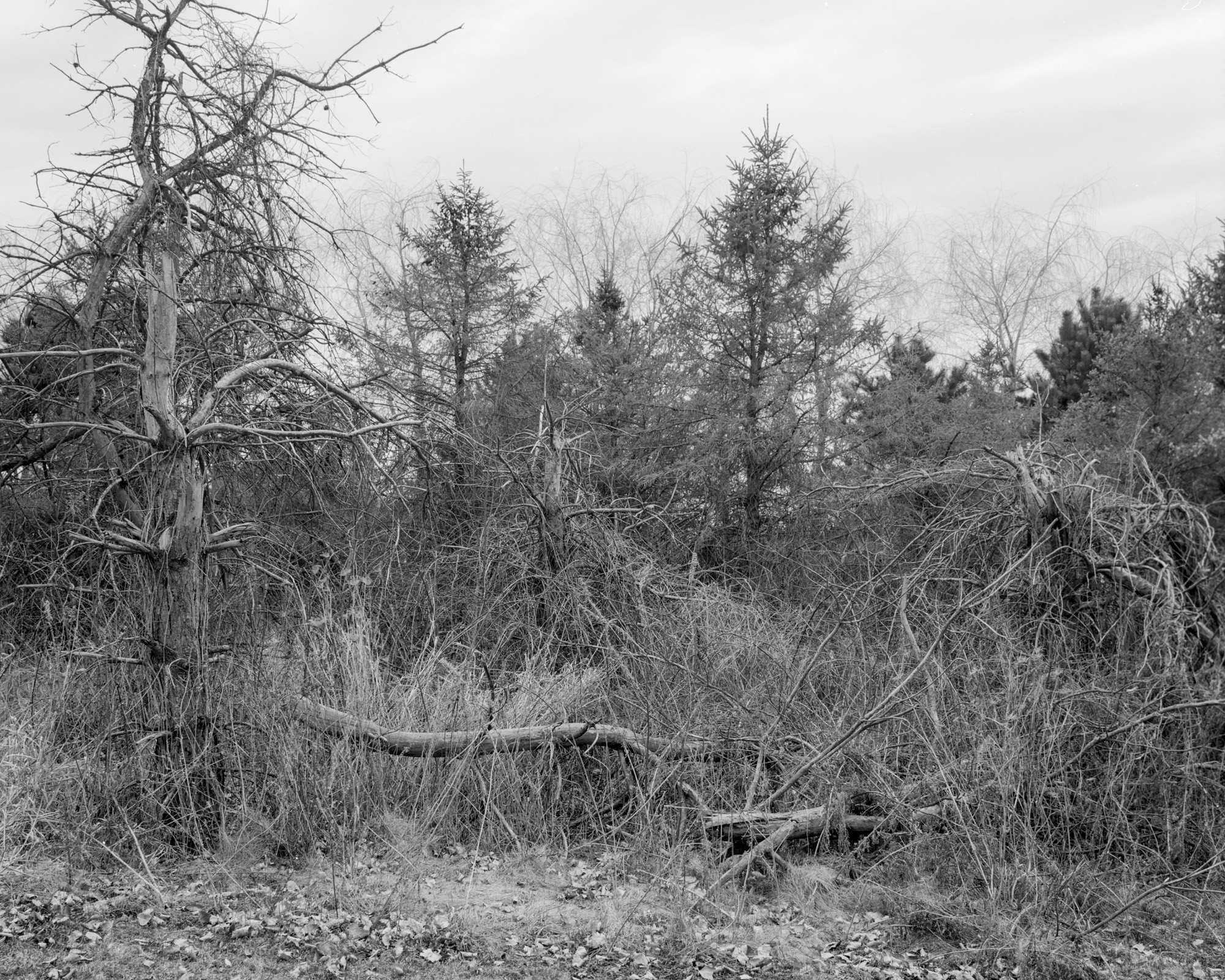
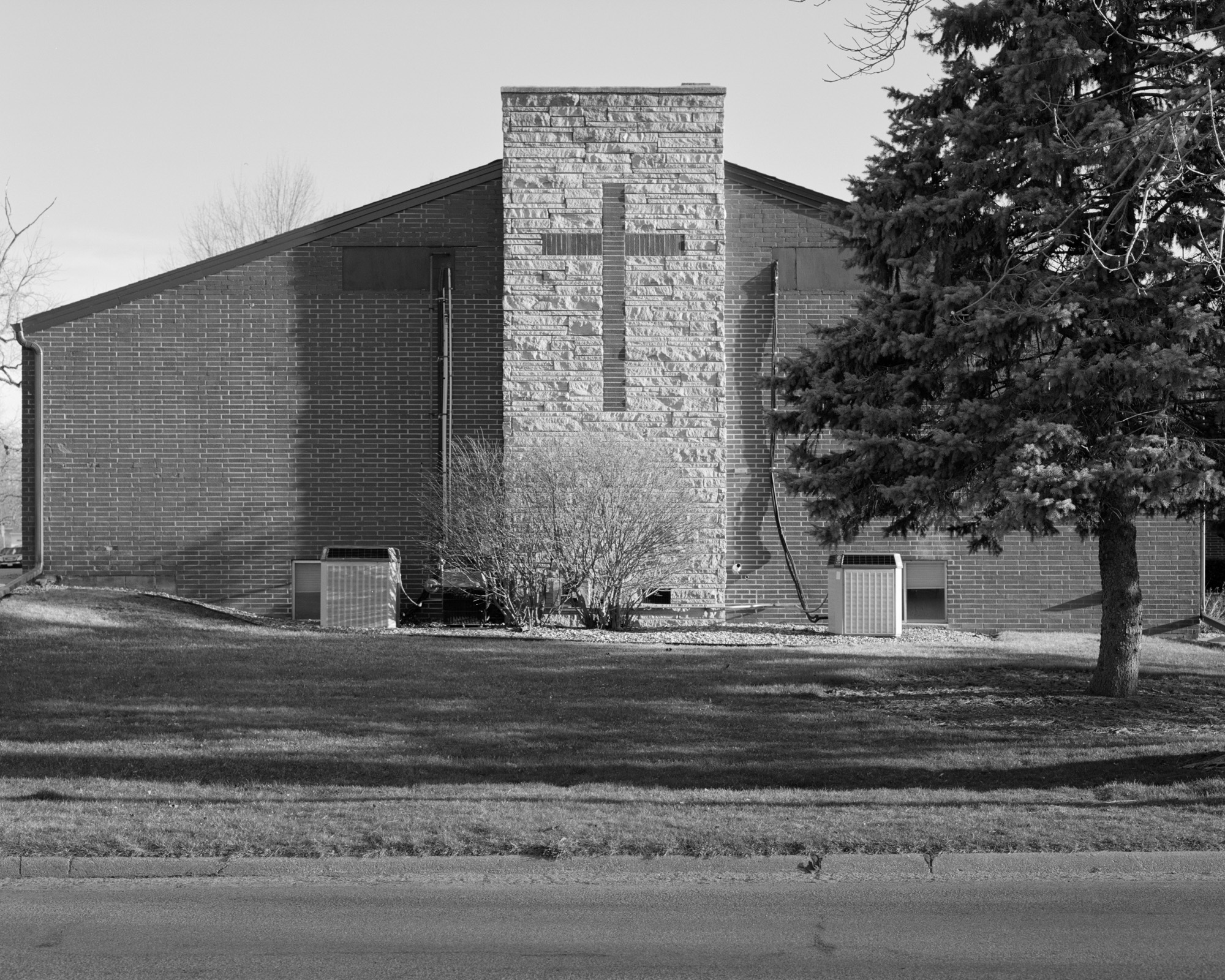
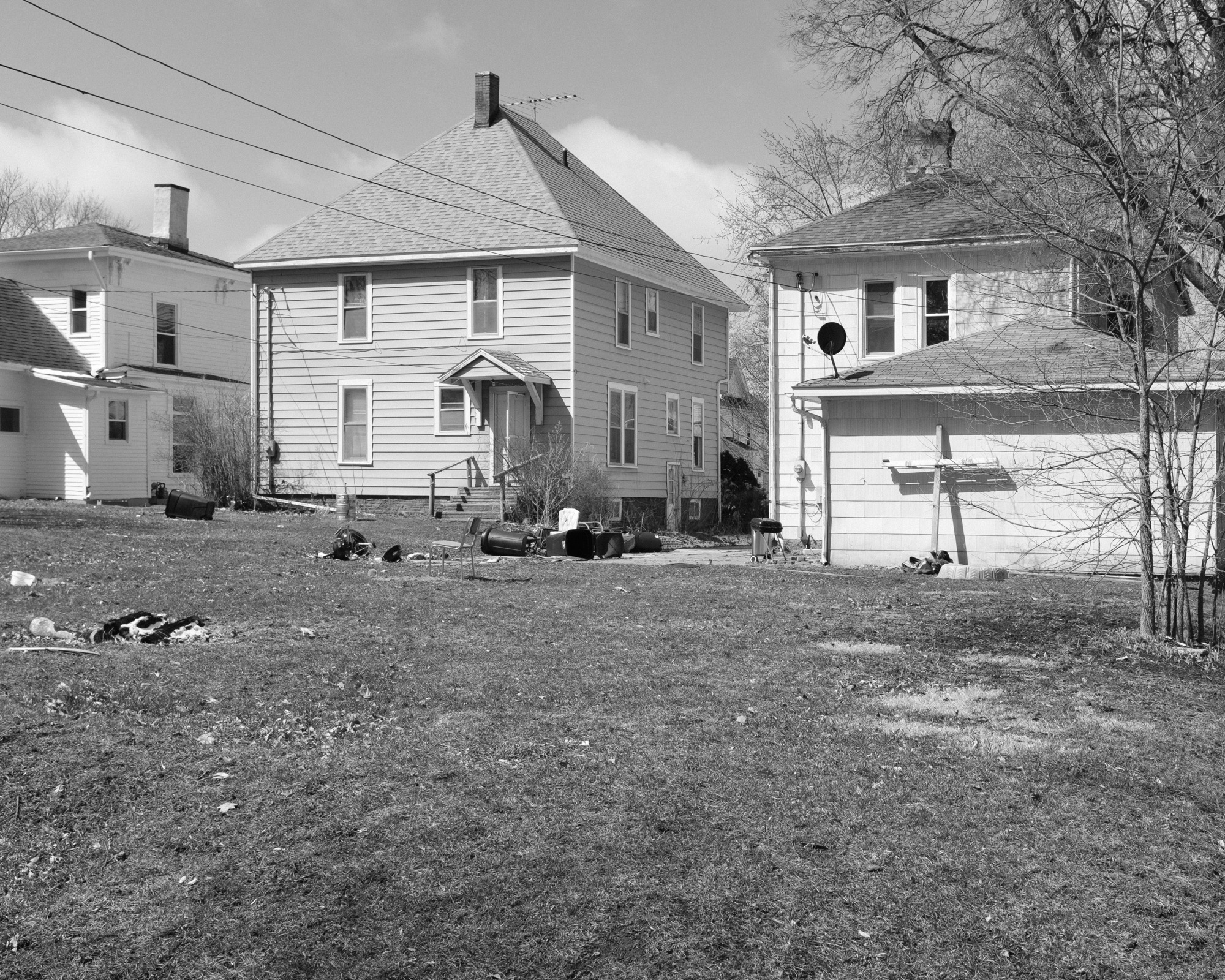
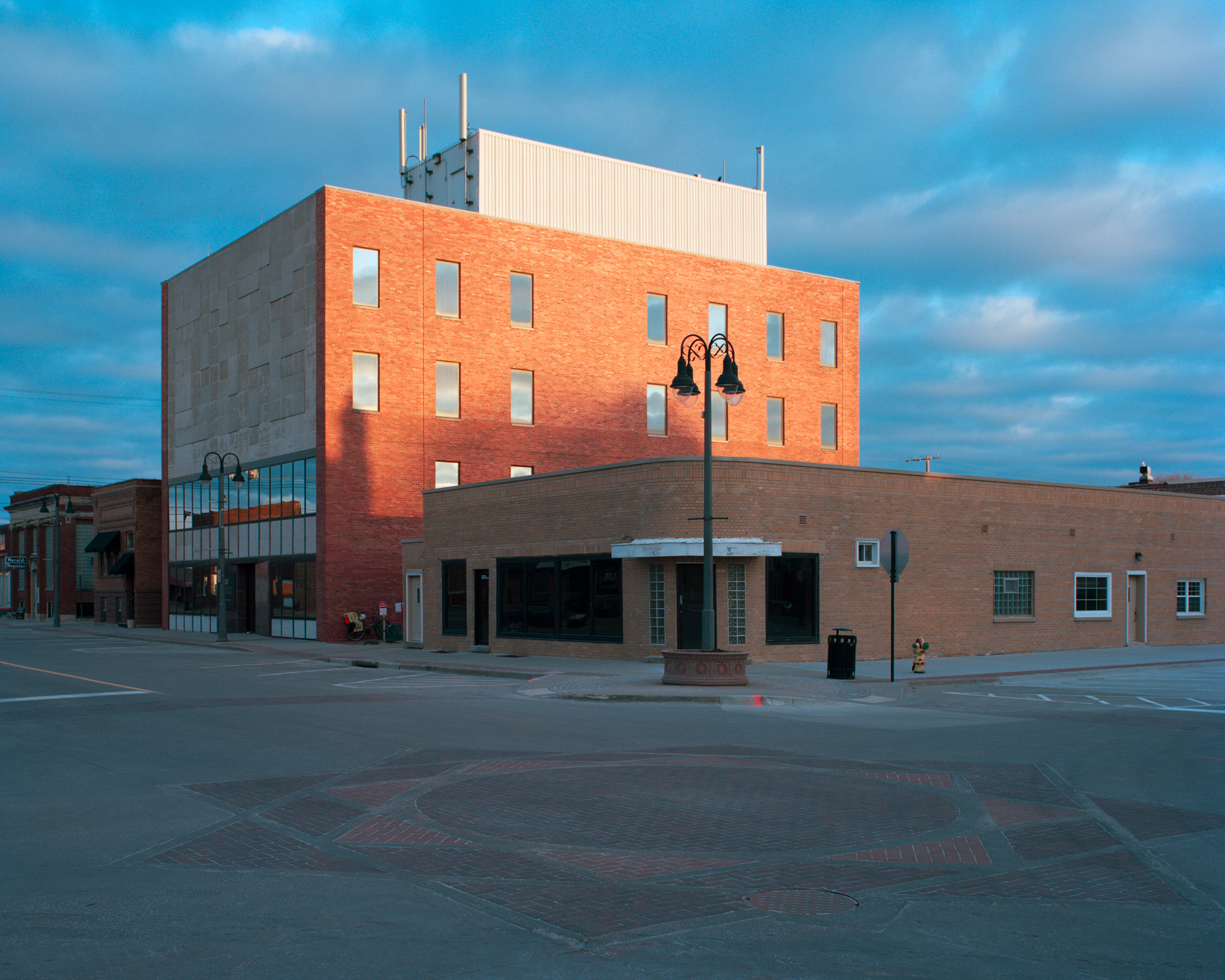
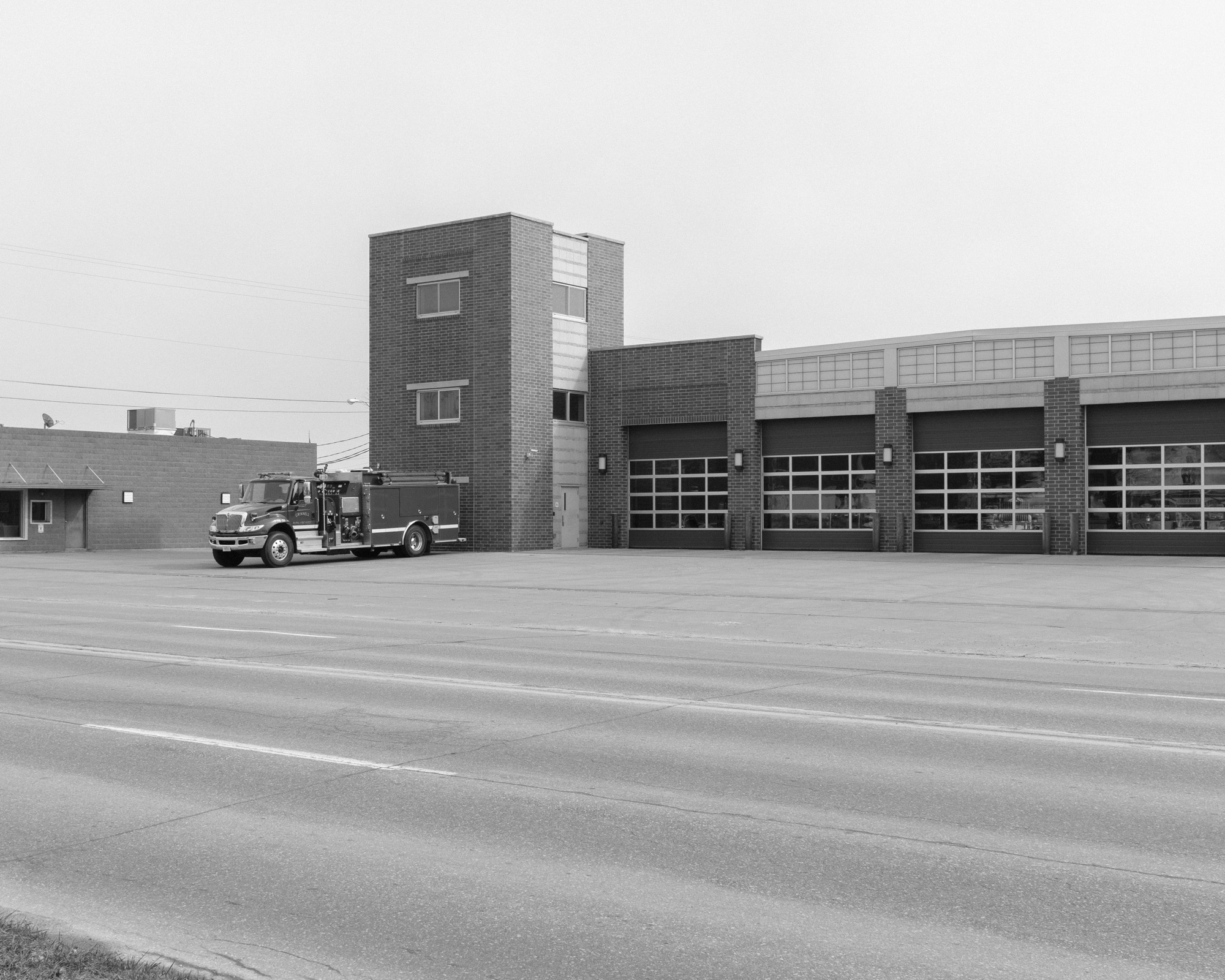
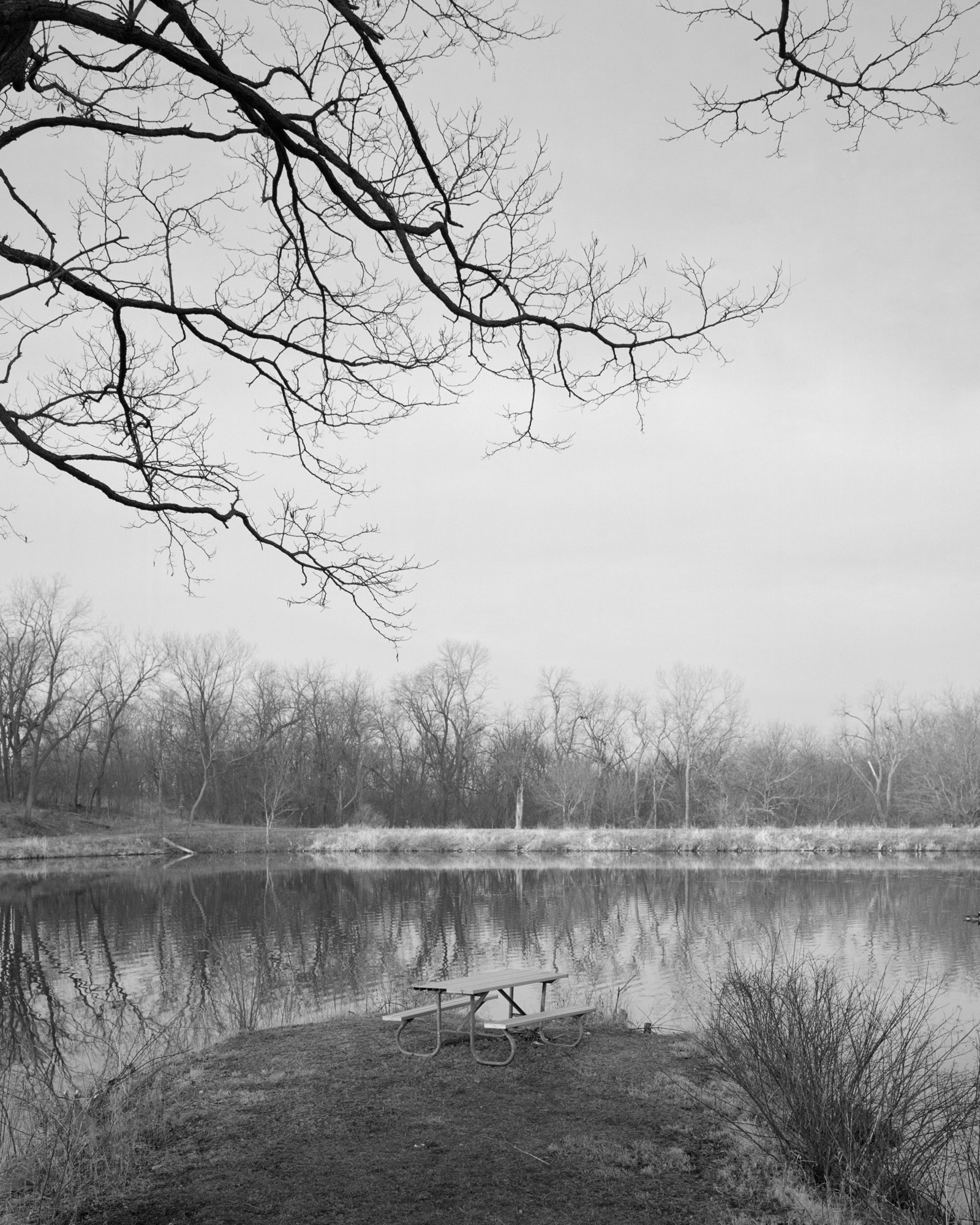
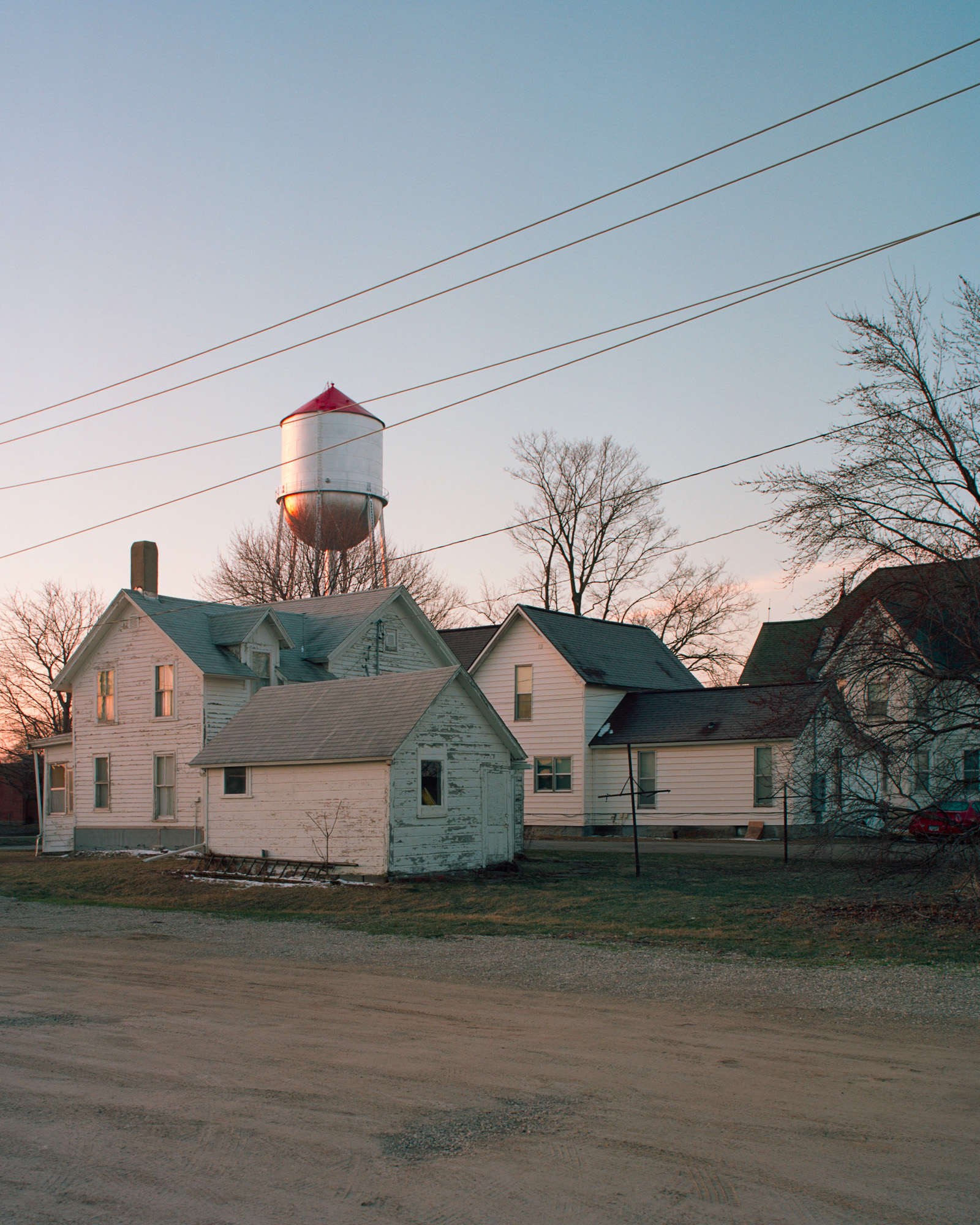
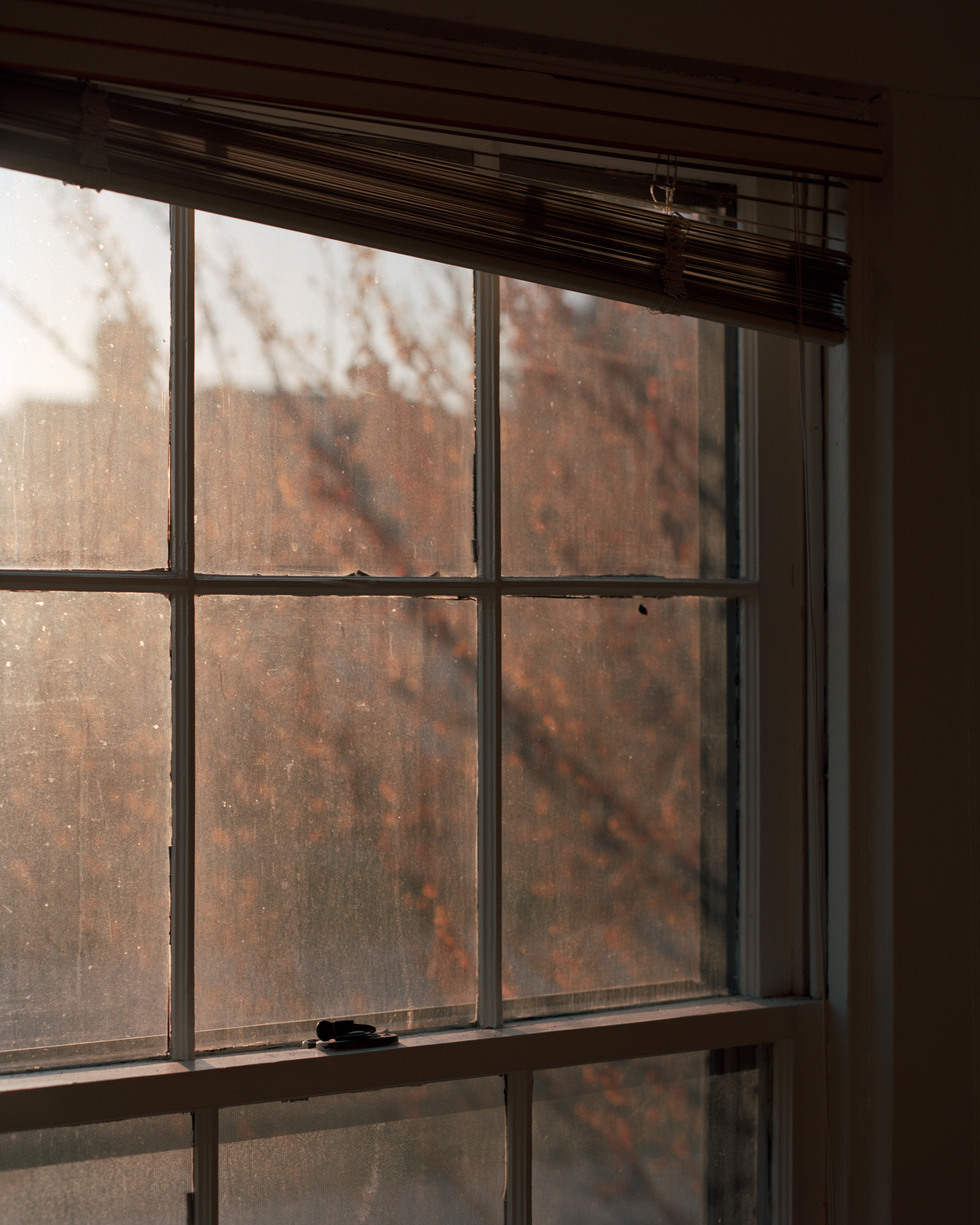
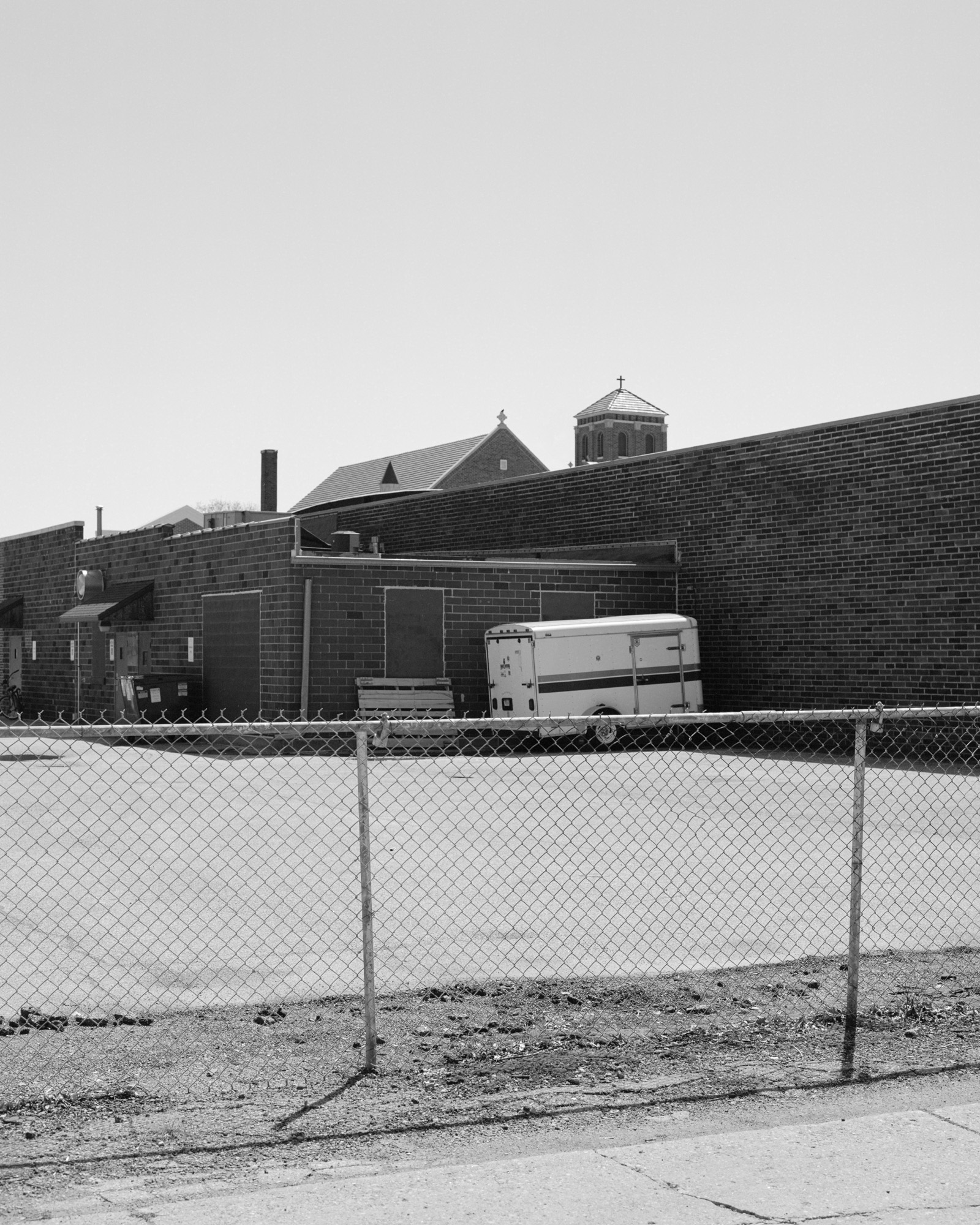

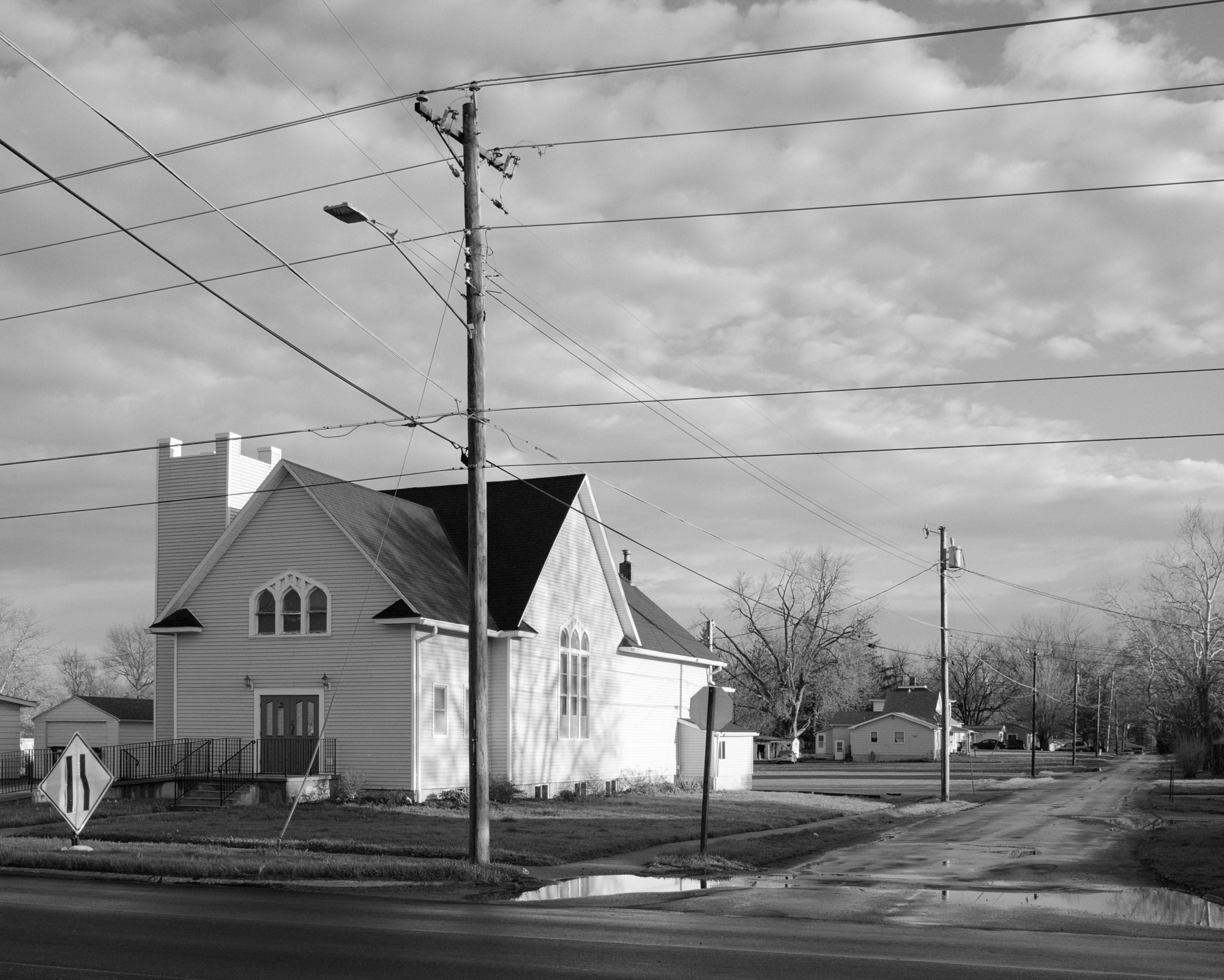
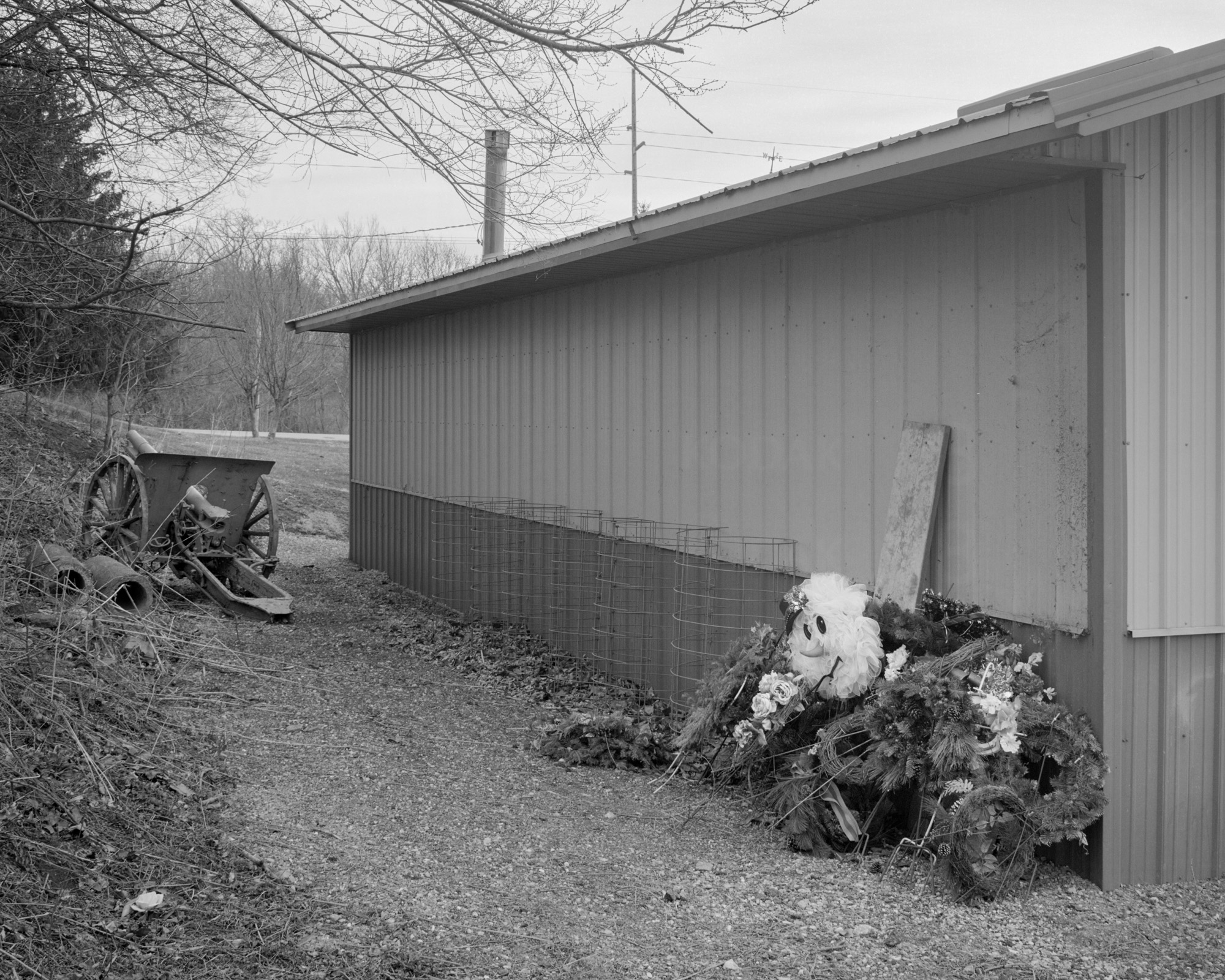
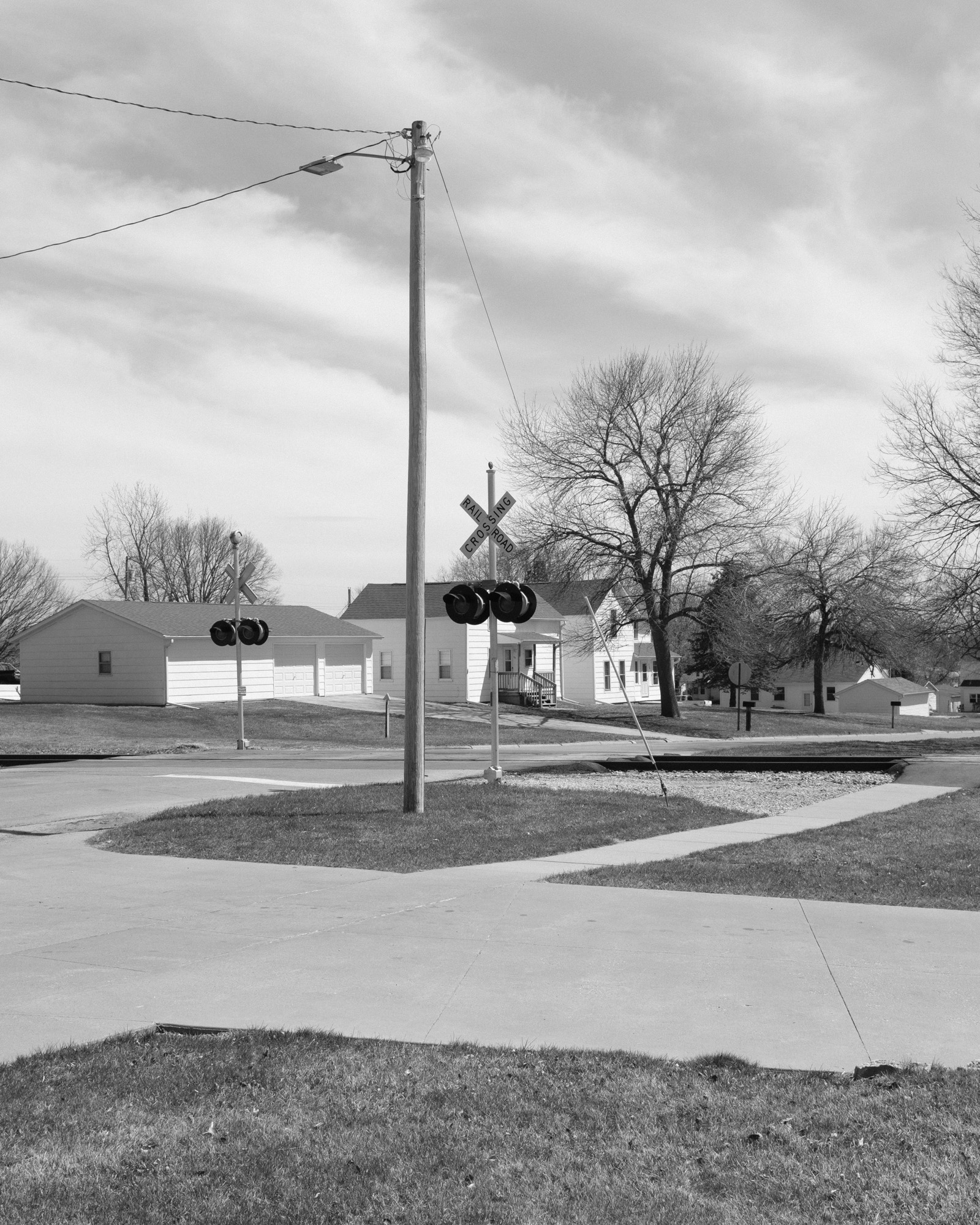
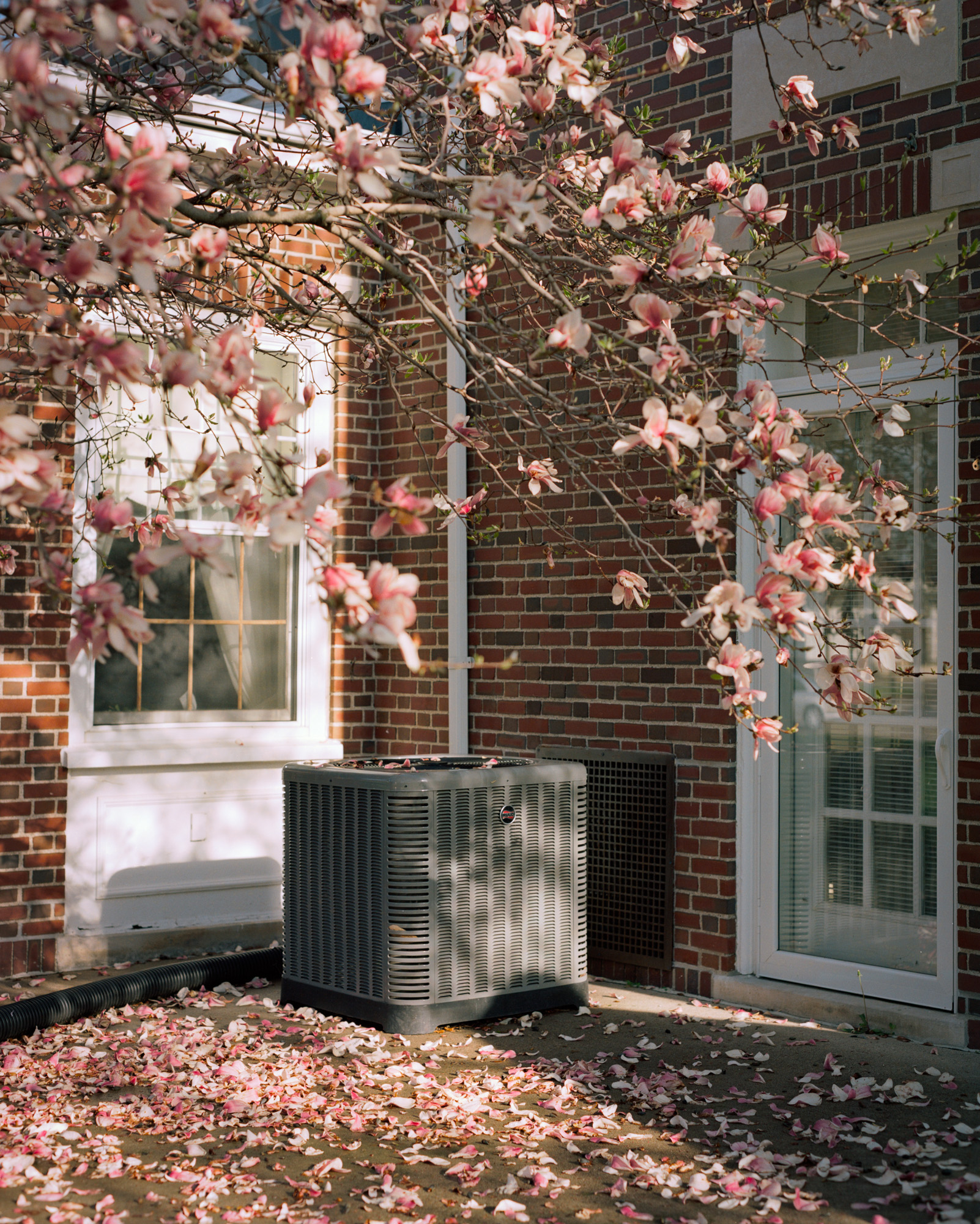
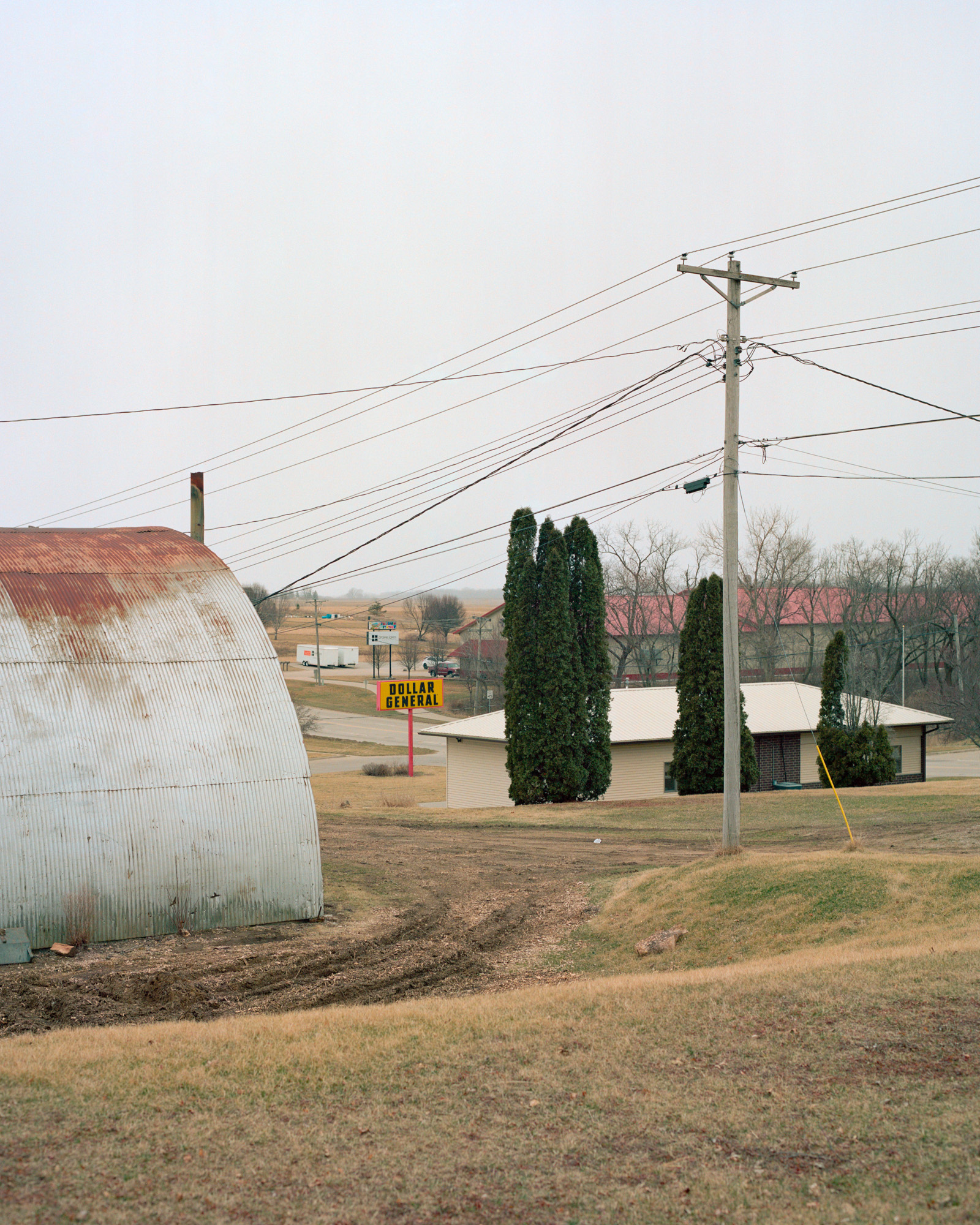
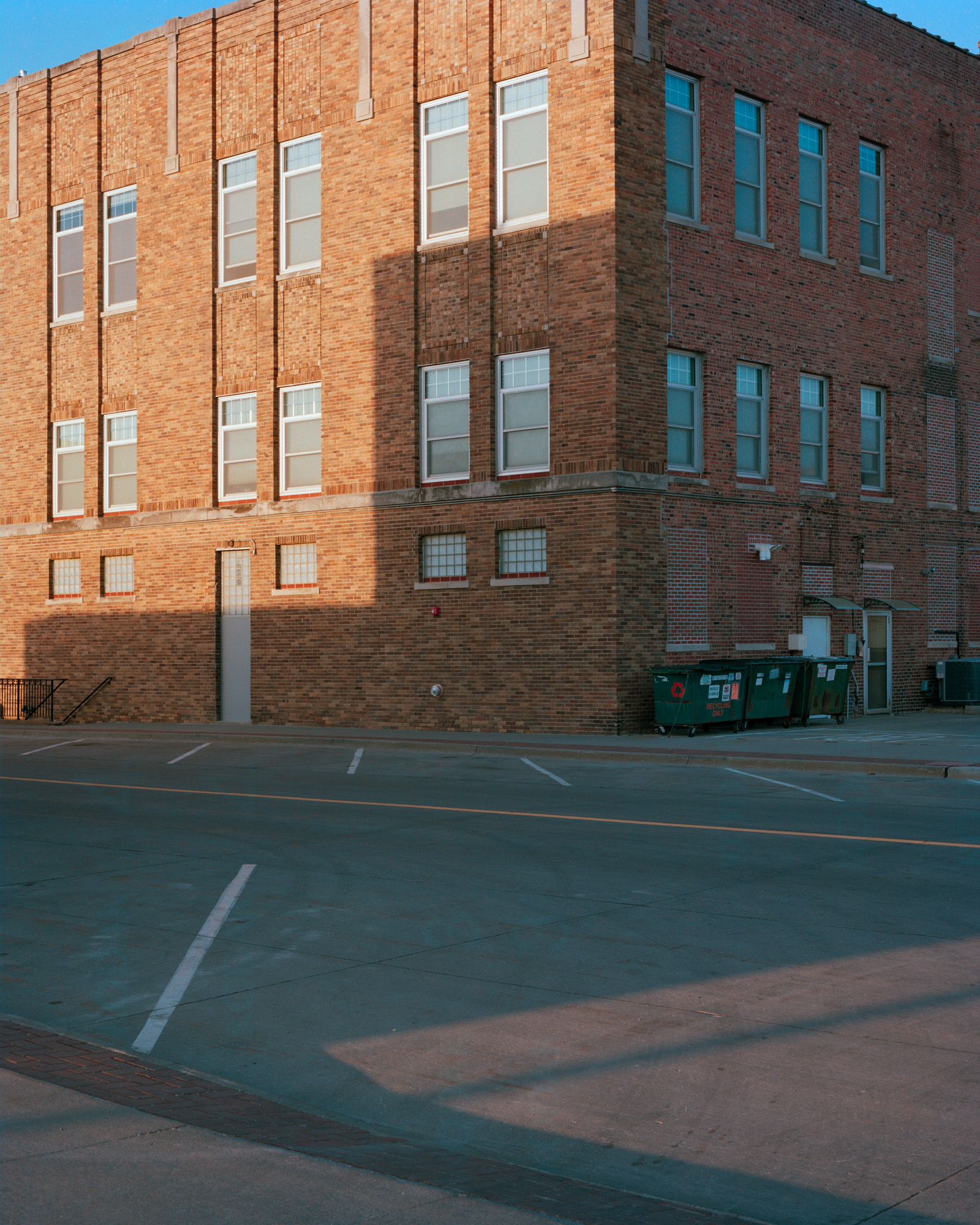
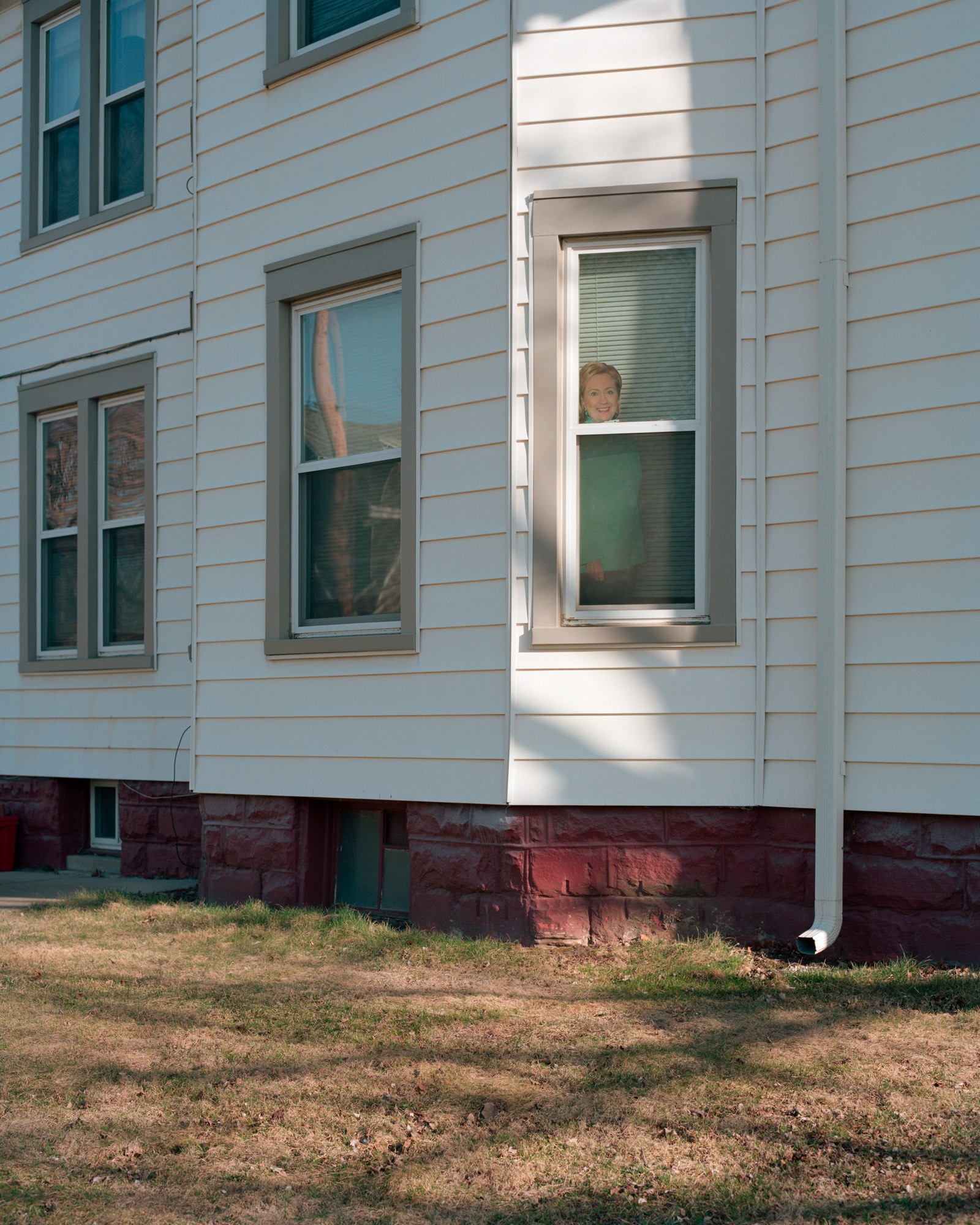
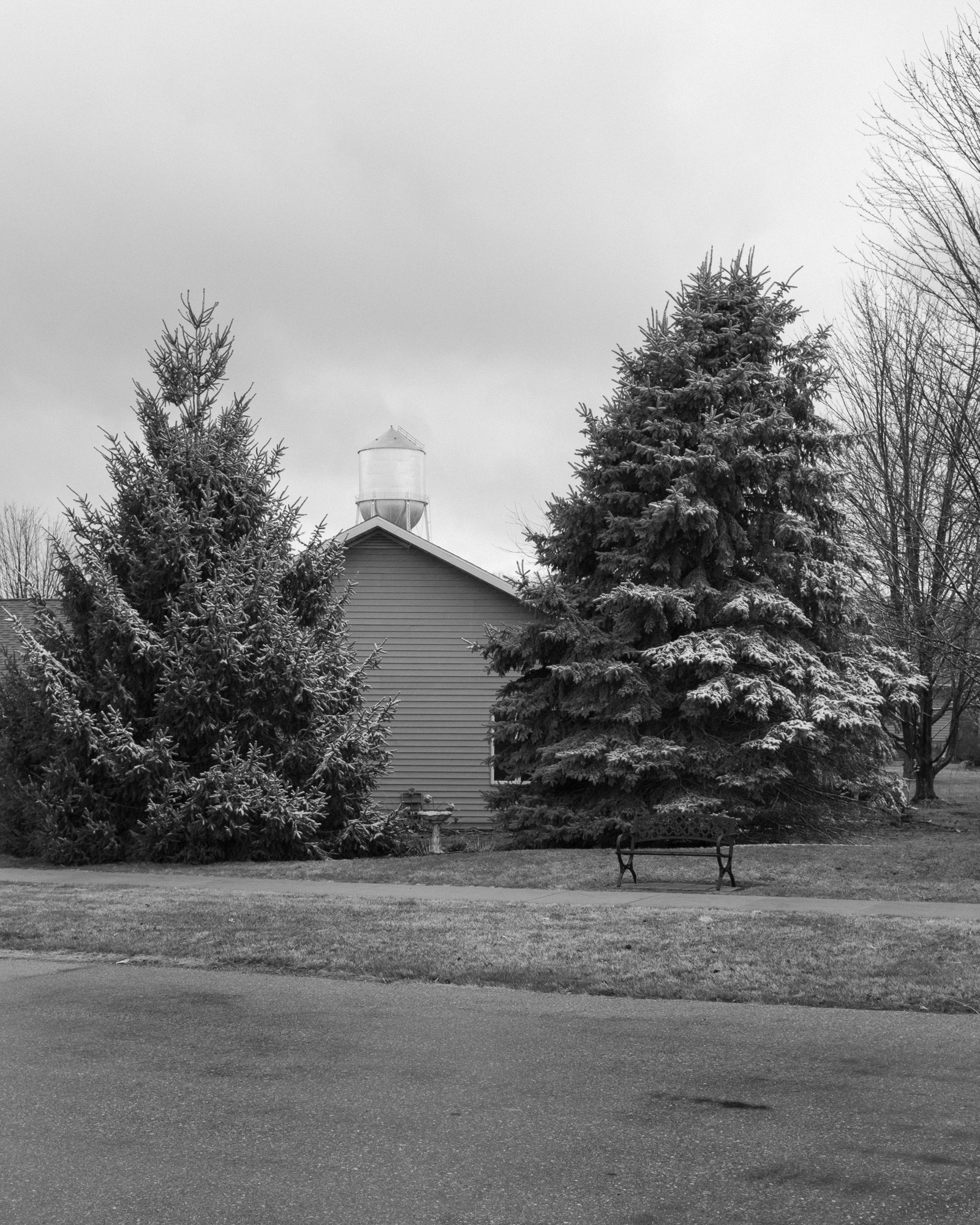
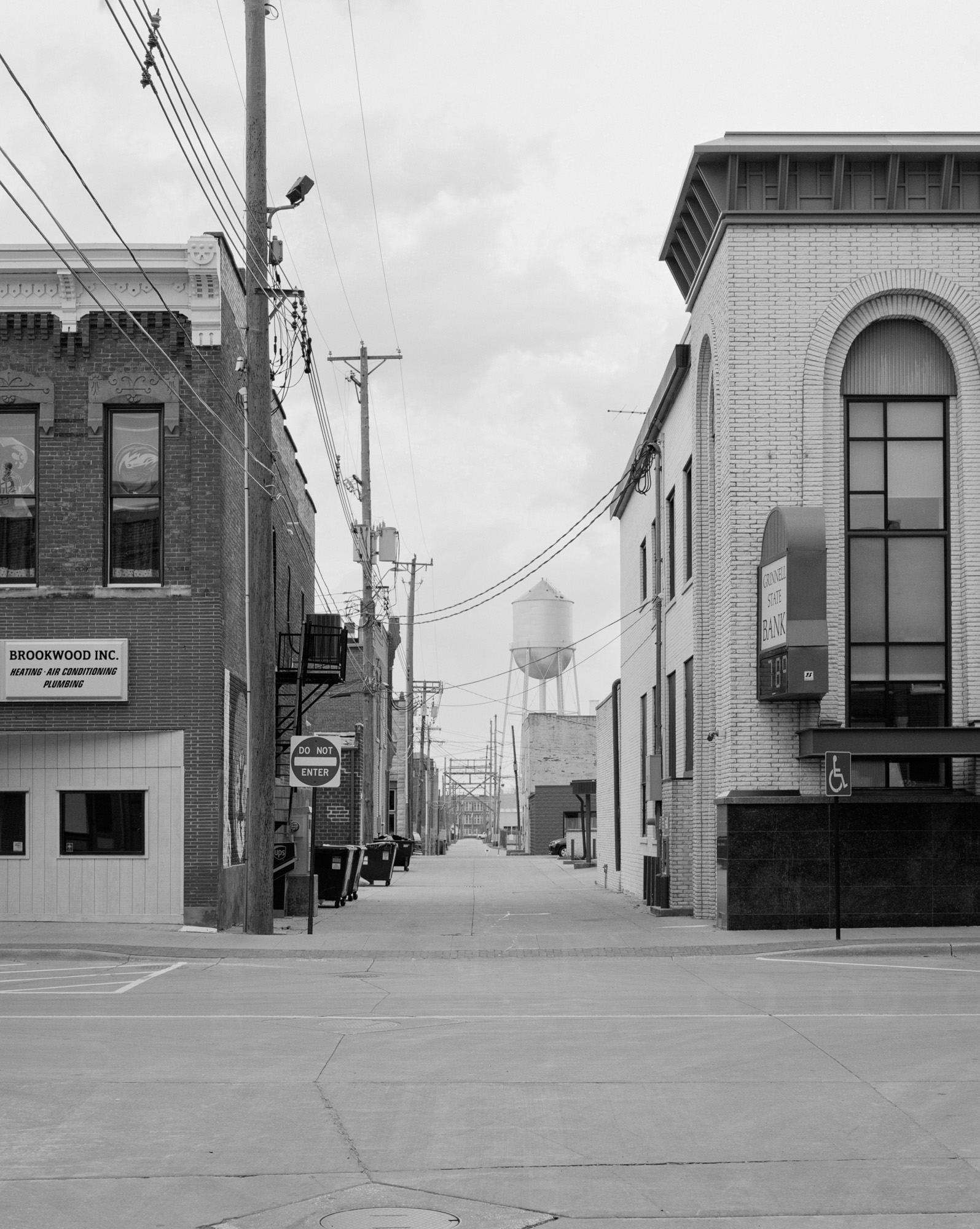
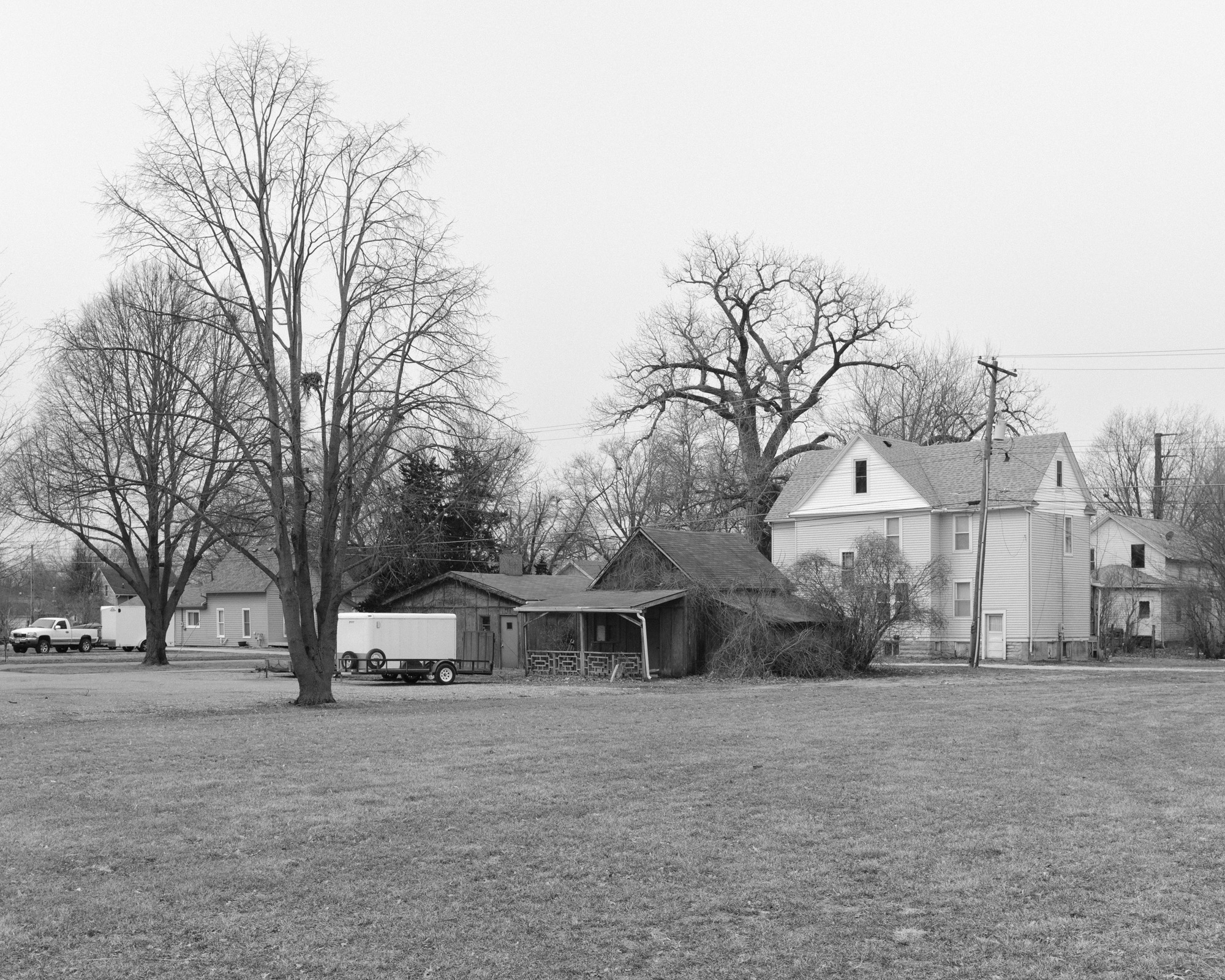
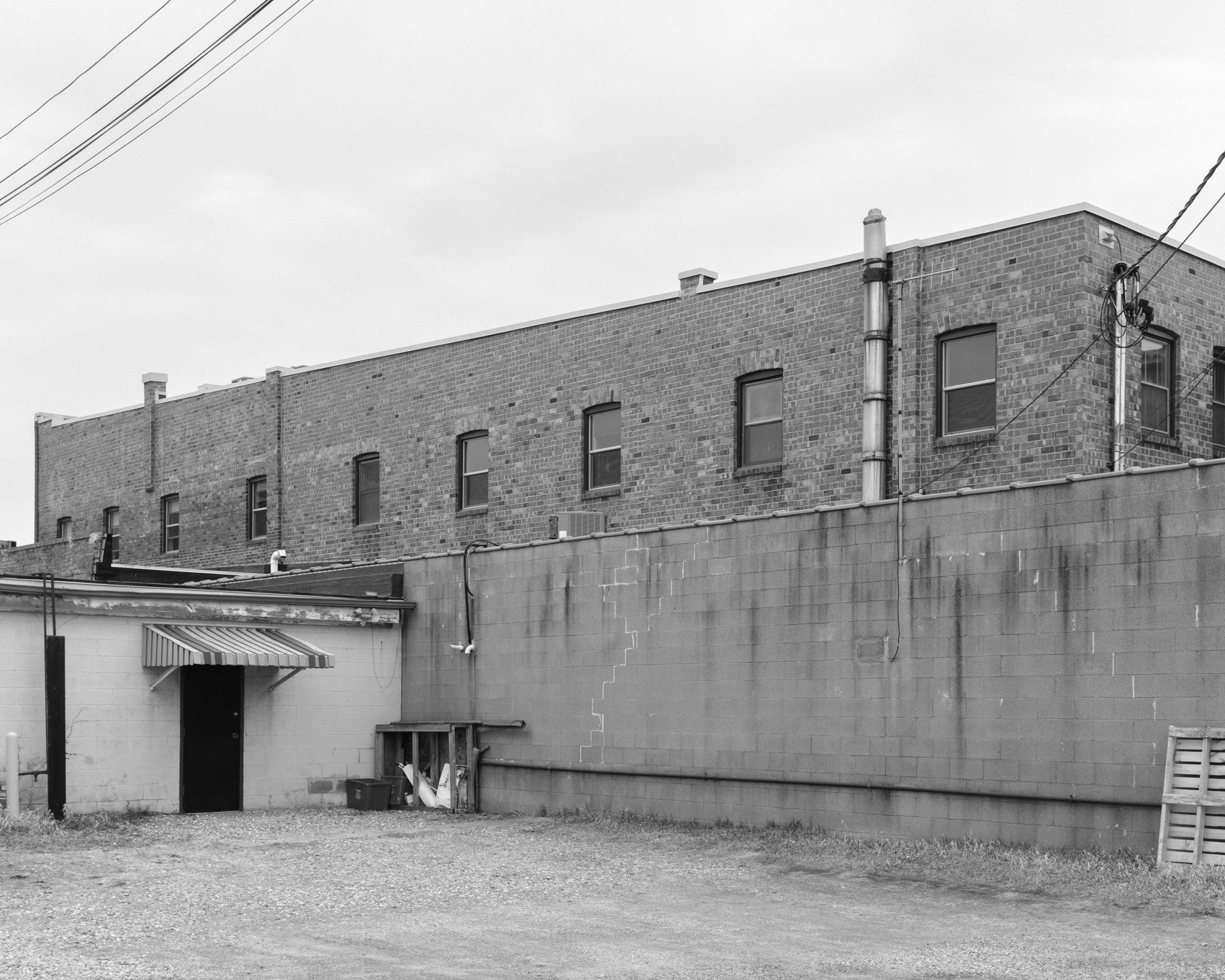
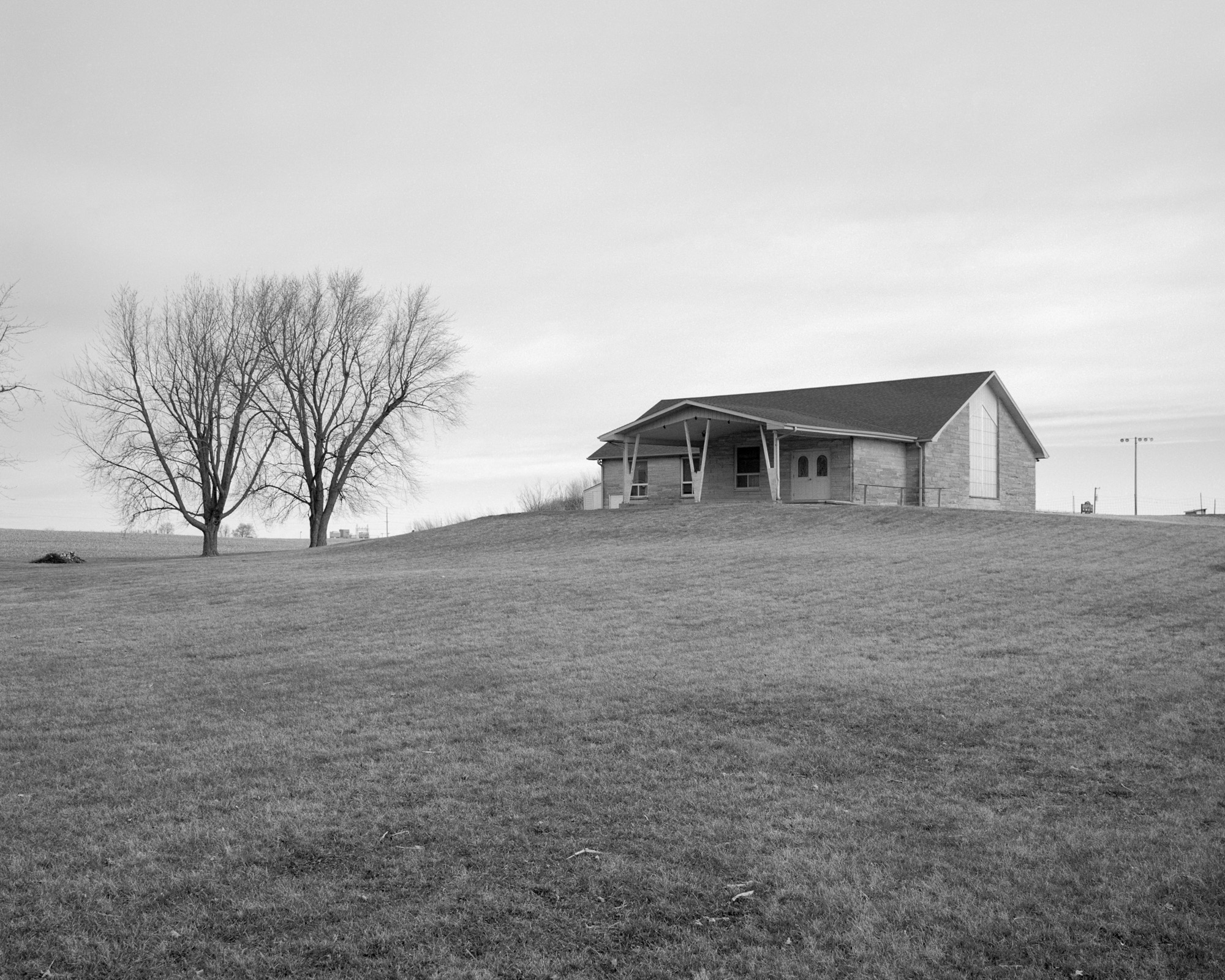
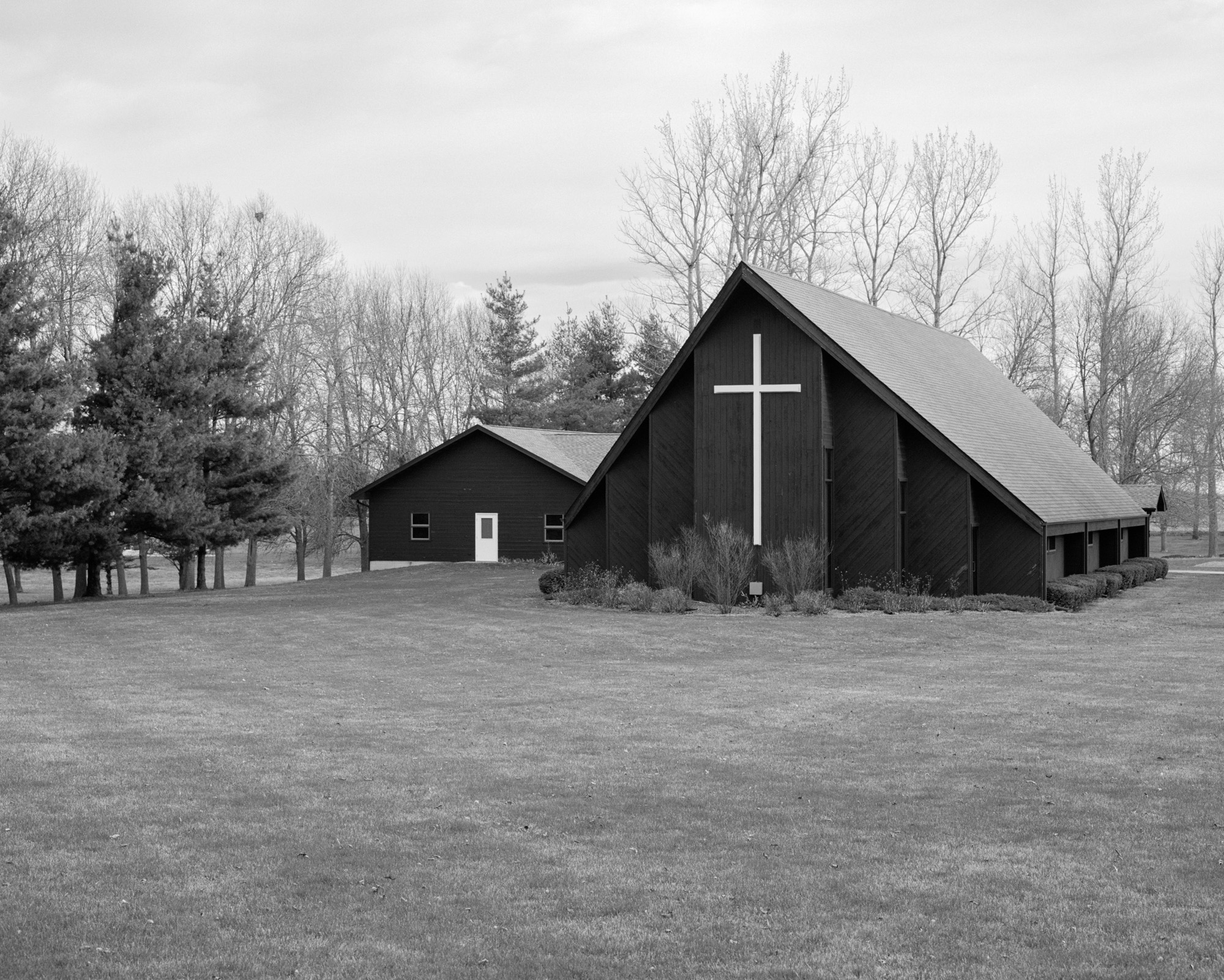
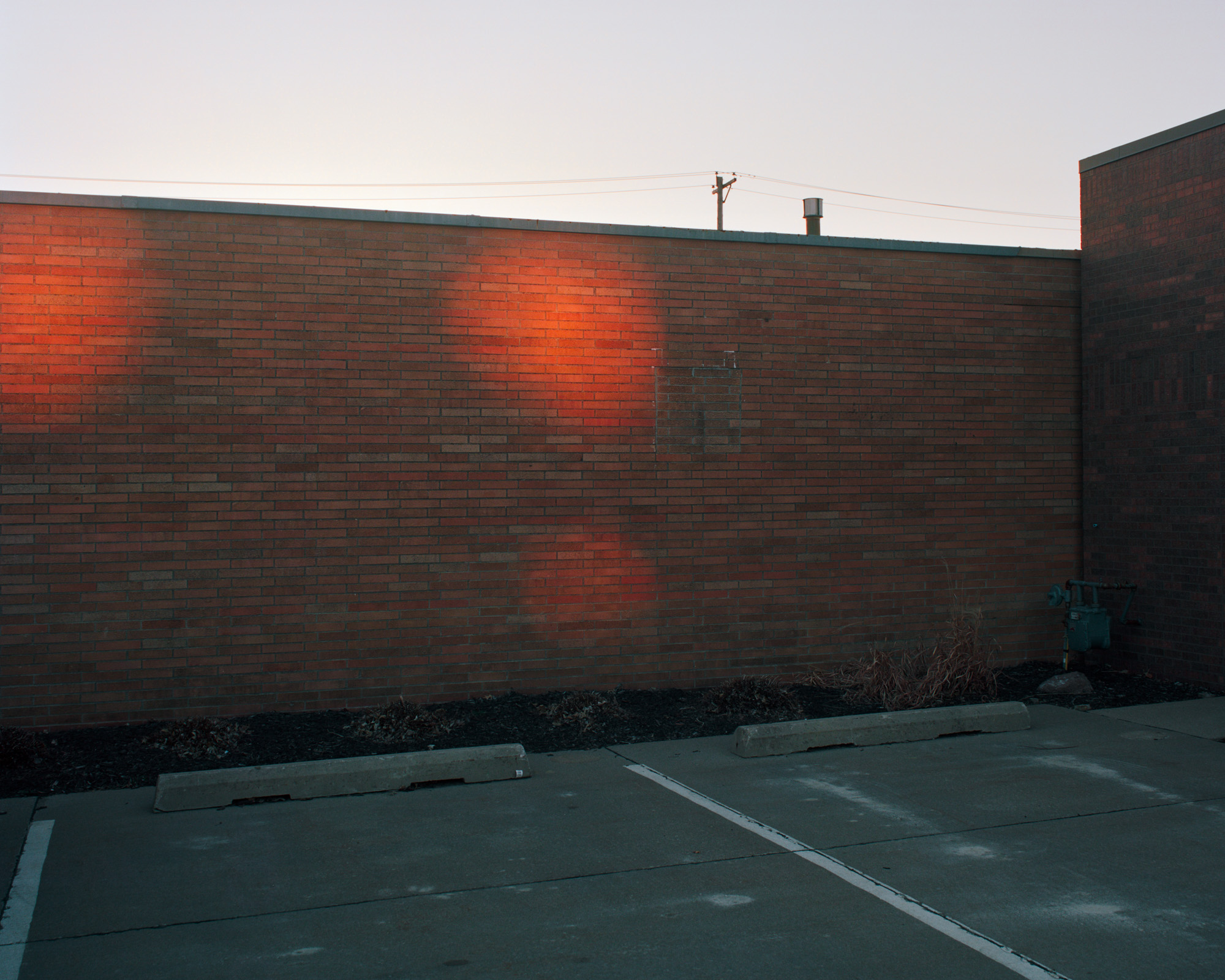
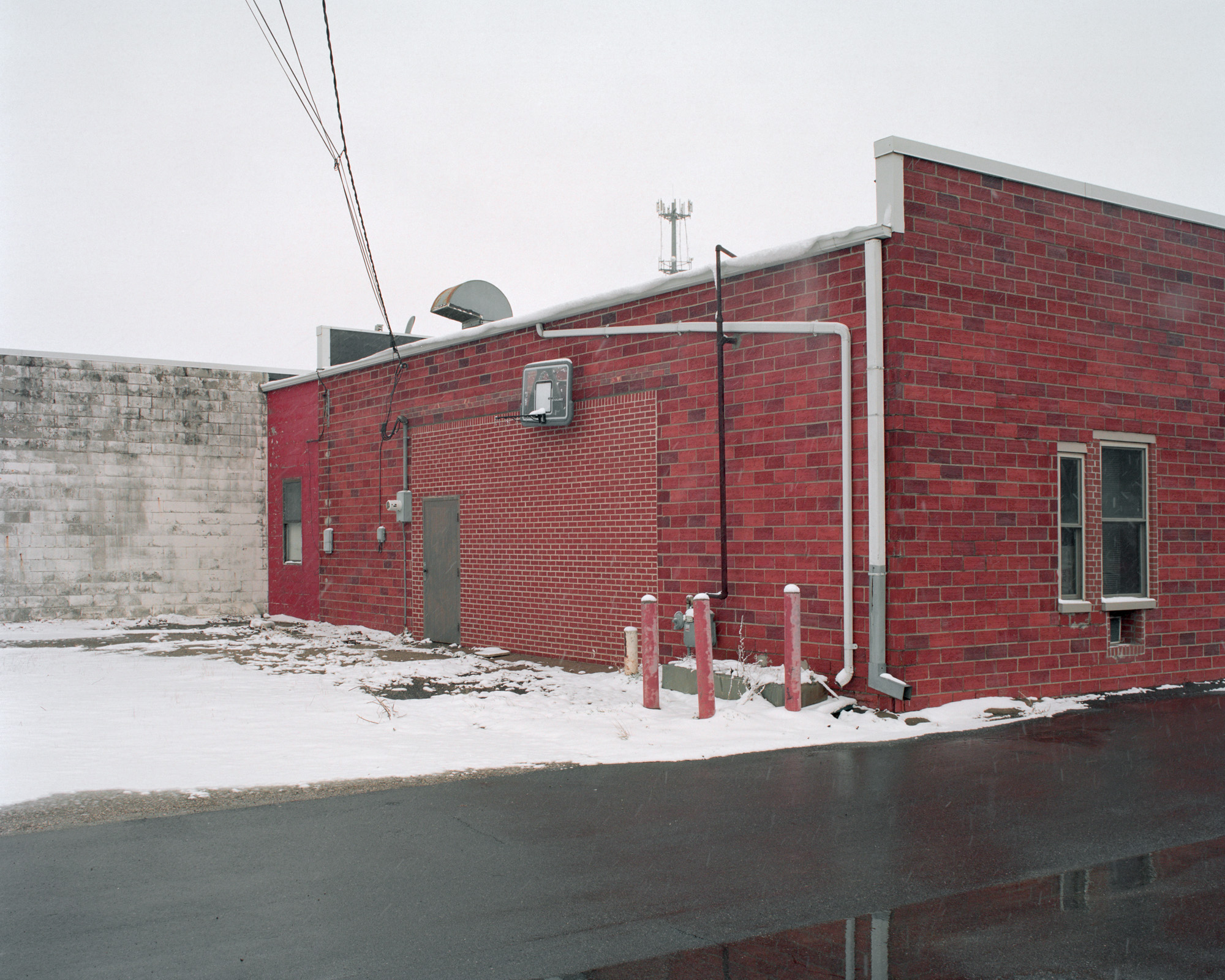
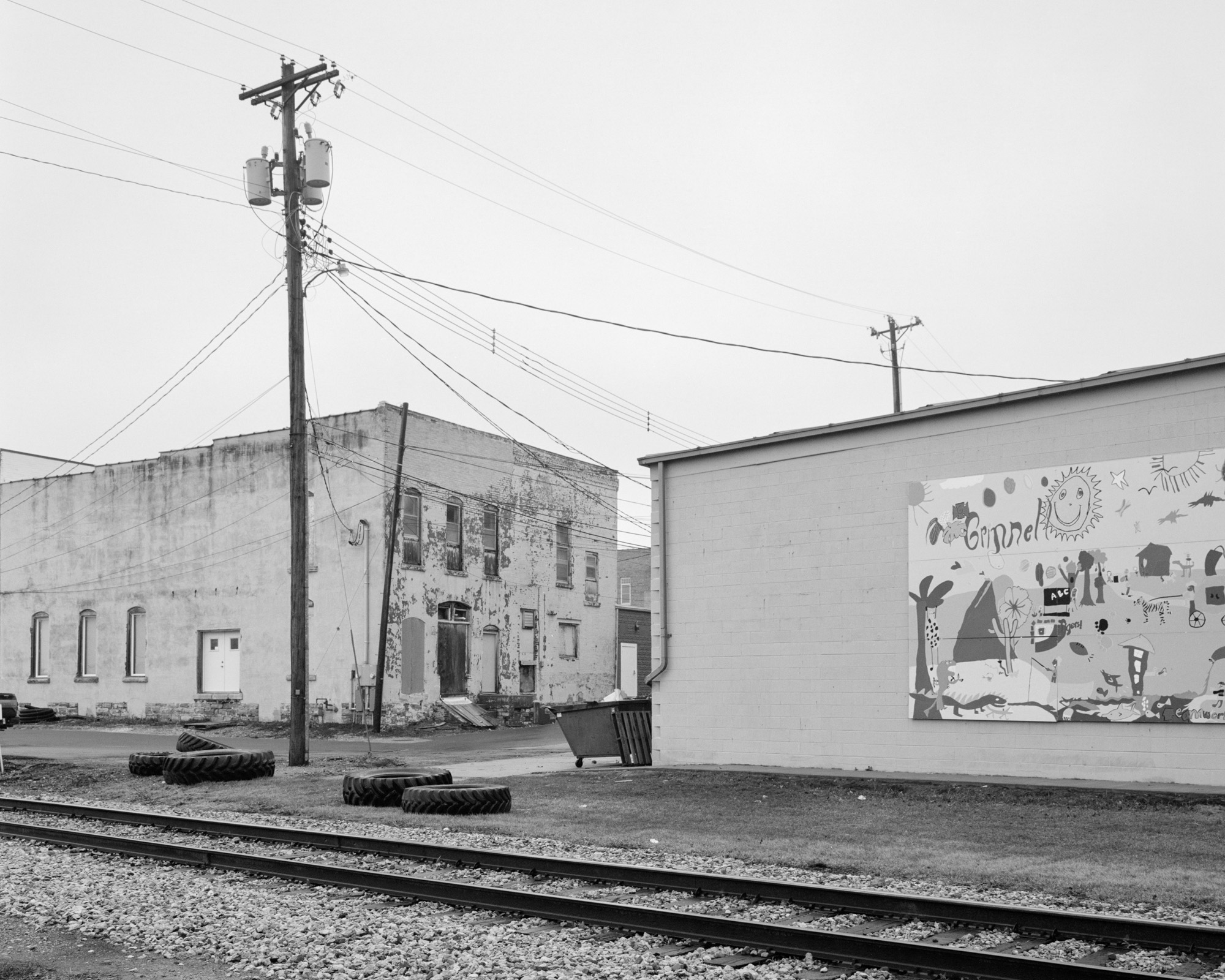
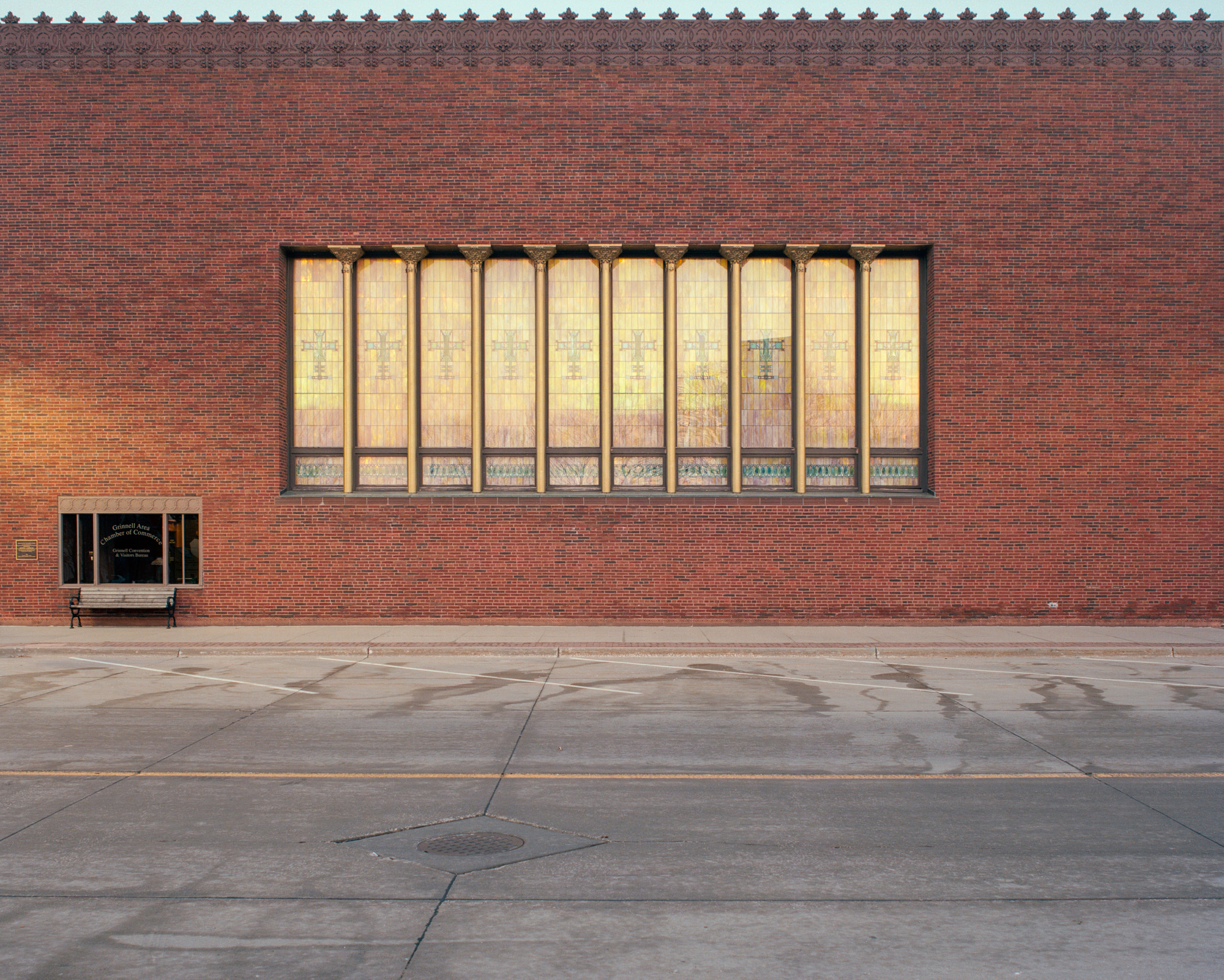
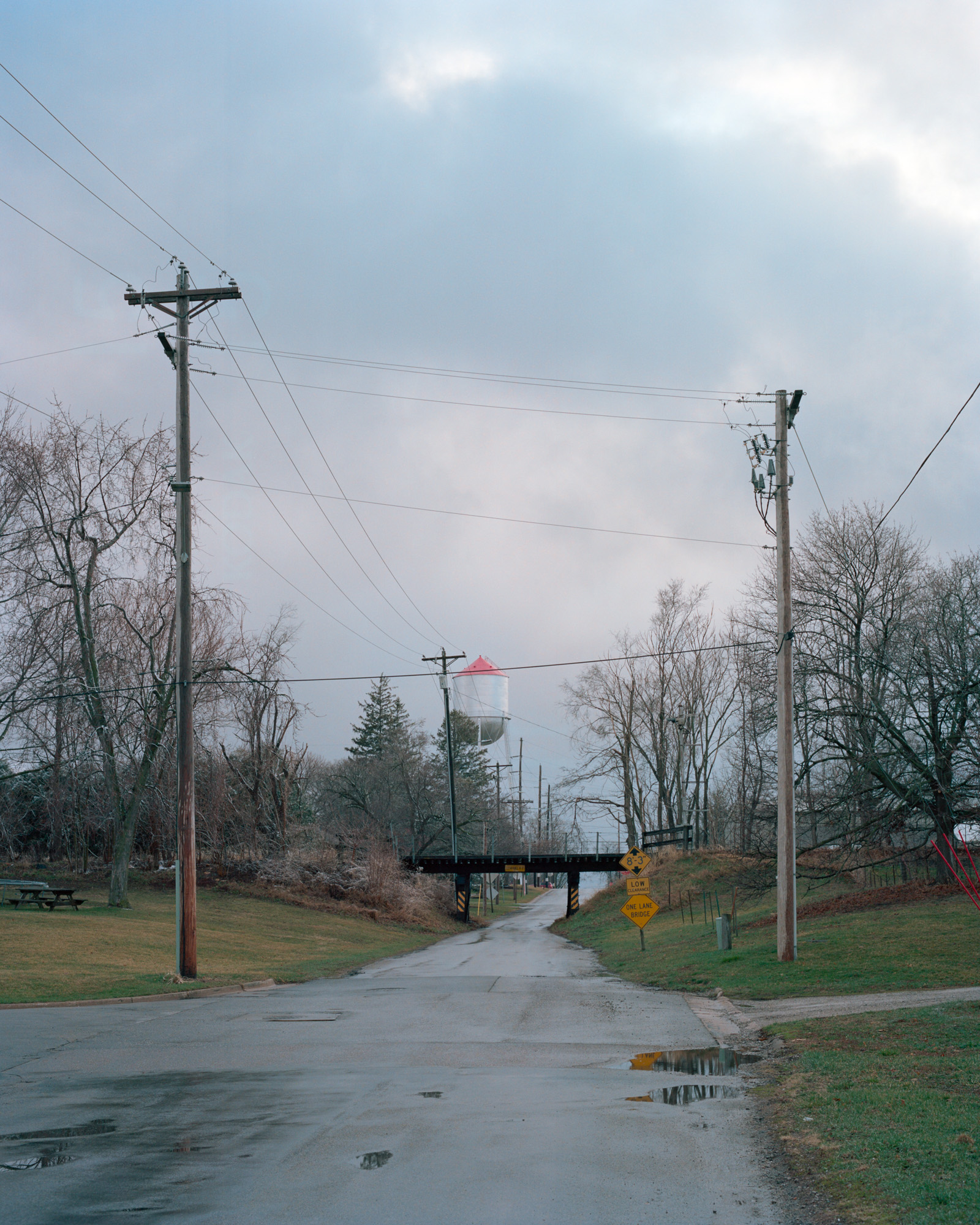
You can’t get any further away, before you start coming back.
(2018)
Grinnell, Iowa, is a small town in the rural Midwest of the United States, surrounded by cornfields and intersected by highways, shaped by the coexistence of two unequal worlds: the progressive, internationally oriented Grinnell College and the surrounding town community rooted in agricultural traditions and conservative values.
Without a car and no public transportation, I relied on walking and cycling, often pushing a baby carriage around town for daily errands and quiet exploration, forms of movement that seem only marginally accounted for in Grinnell’s infrastructure. Fences, inaccessible fields, private property lines and busy highways formed invisible yet tangible boundaries.
Grinnell left me feeling caught between closeness and distance, between politeness and exclusion, between arriving and the impossibility of leaving.
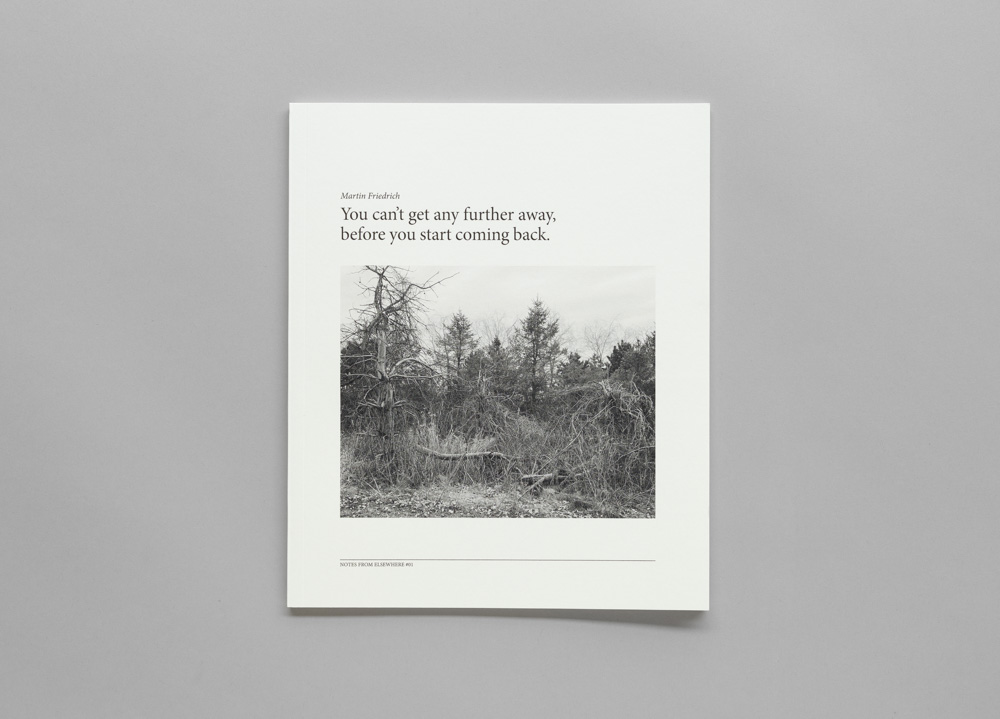
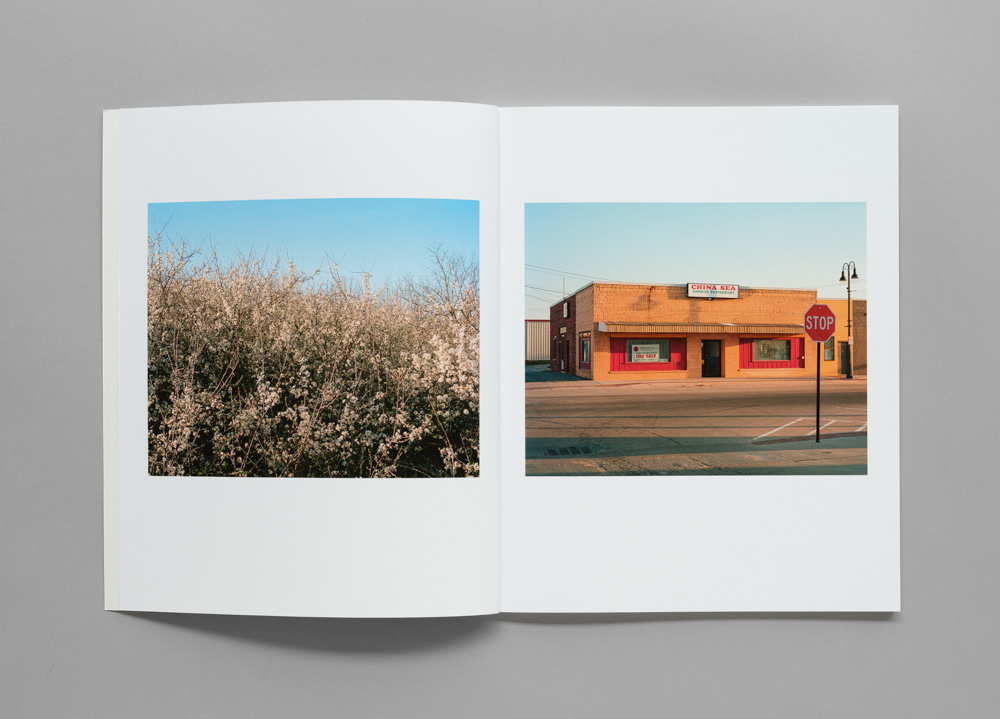
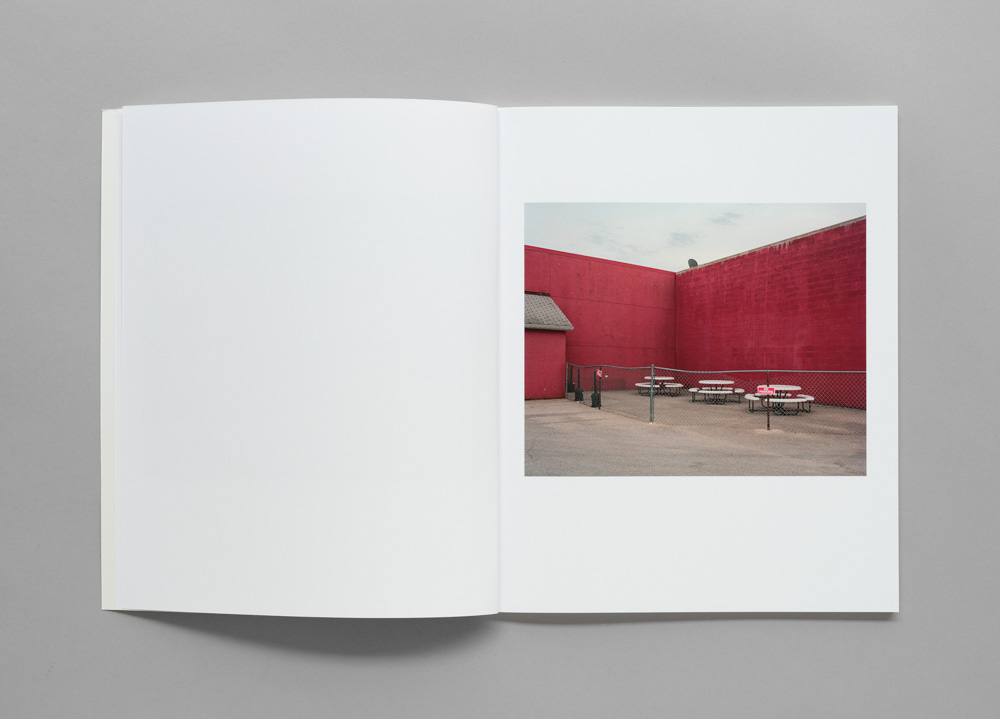
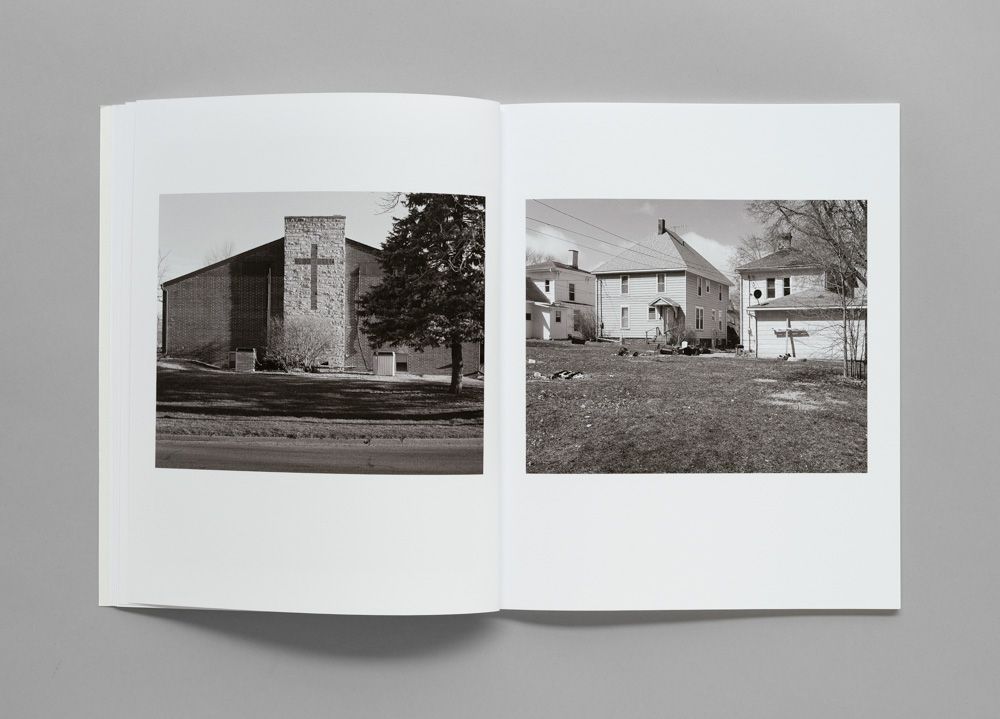
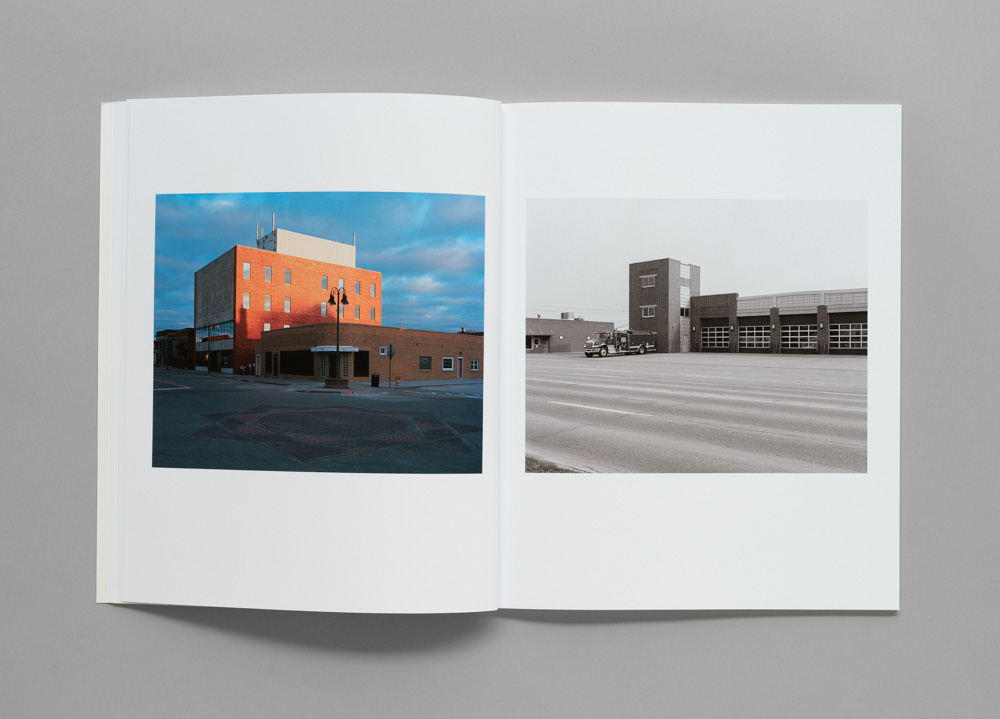
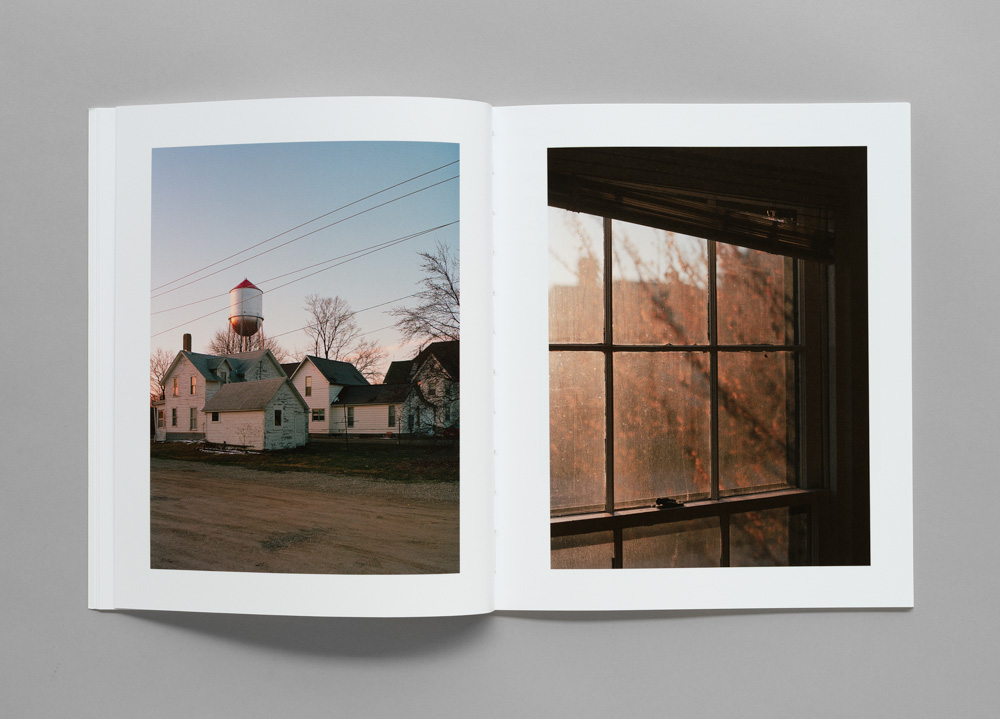
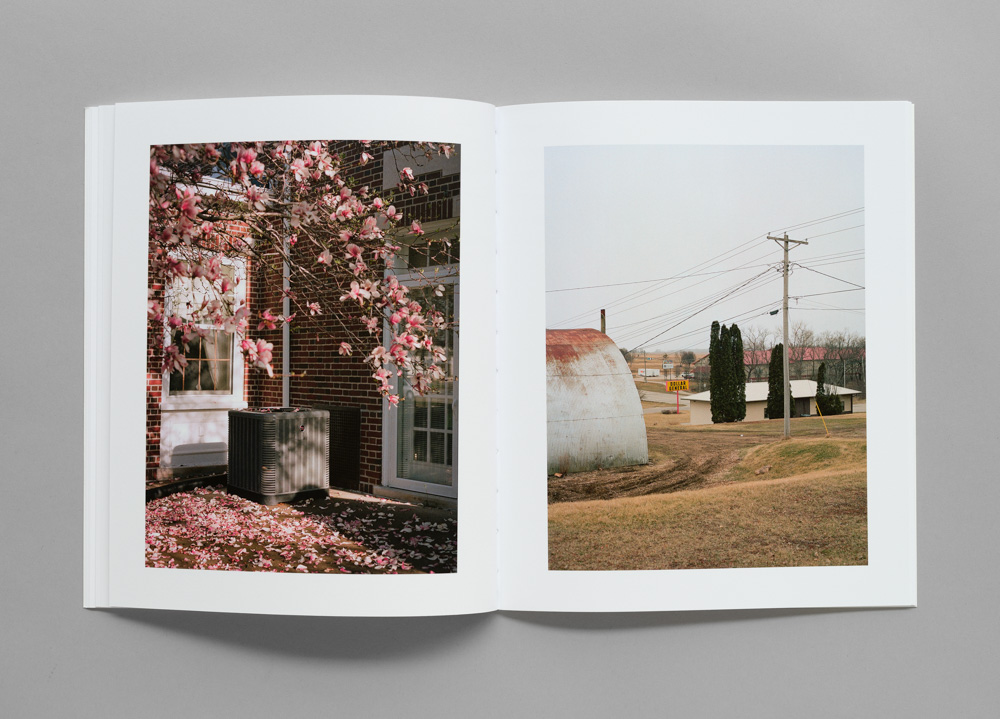
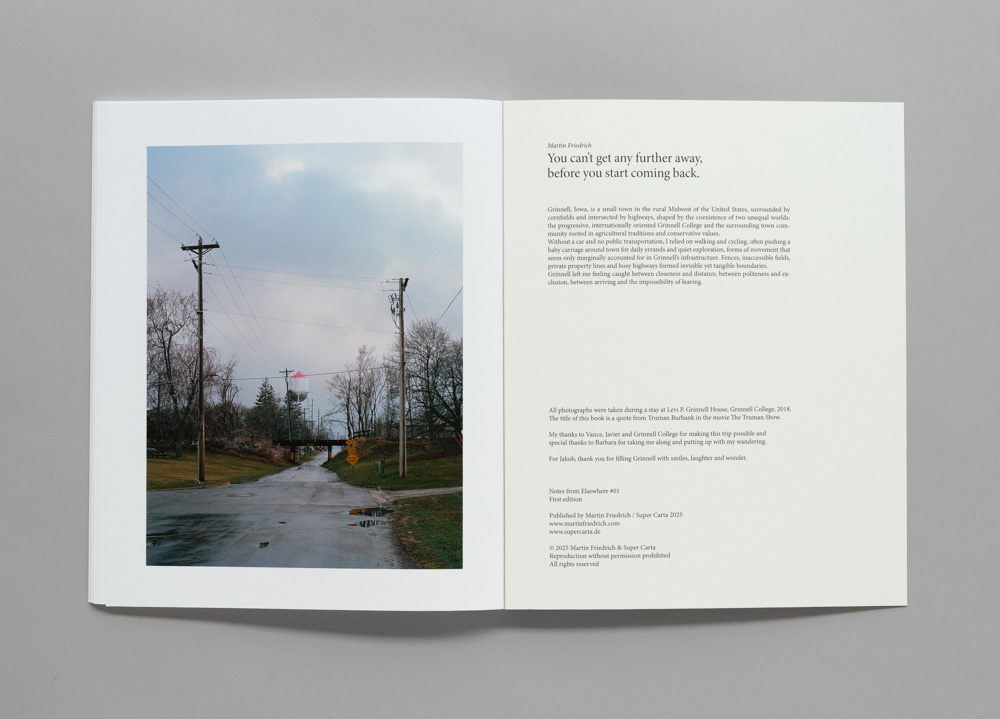
"You can’t get any further away, before you start coming back." , published by Super/Carta / 48pp / 200 x 240mm
Order directly from my shop




































You can’t get any further away, before you start coming back.
(2018)
Grinnell, Iowa, is a small town in the rural Midwest of the United States, surrounded by cornfields and intersected by highways, shaped by the coexistence of two unequal worlds: the progressive, internationally oriented Grinnell College and the surrounding town community rooted in agricultural traditions and conservative values.
Without a car and no public transportation, I relied on walking and cycling, often pushing a baby carriage around town for daily errands and quiet exploration, forms of movement that seem only marginally accounted for in Grinnell’s infrastructure. Fences, inaccessible fields, private property lines and busy highways formed invisible yet tangible boundaries.
Grinnell left me feeling caught between closeness and distance, between politeness and exclusion, between arriving and the impossibility of leaving.








"You can’t get any further away, before you start coming back." , published by Super/Carta / 48pp / 200 x 240mm
Order directly from my shop
Impressum & Datenschutz | (c) Martin Friedrich 2025